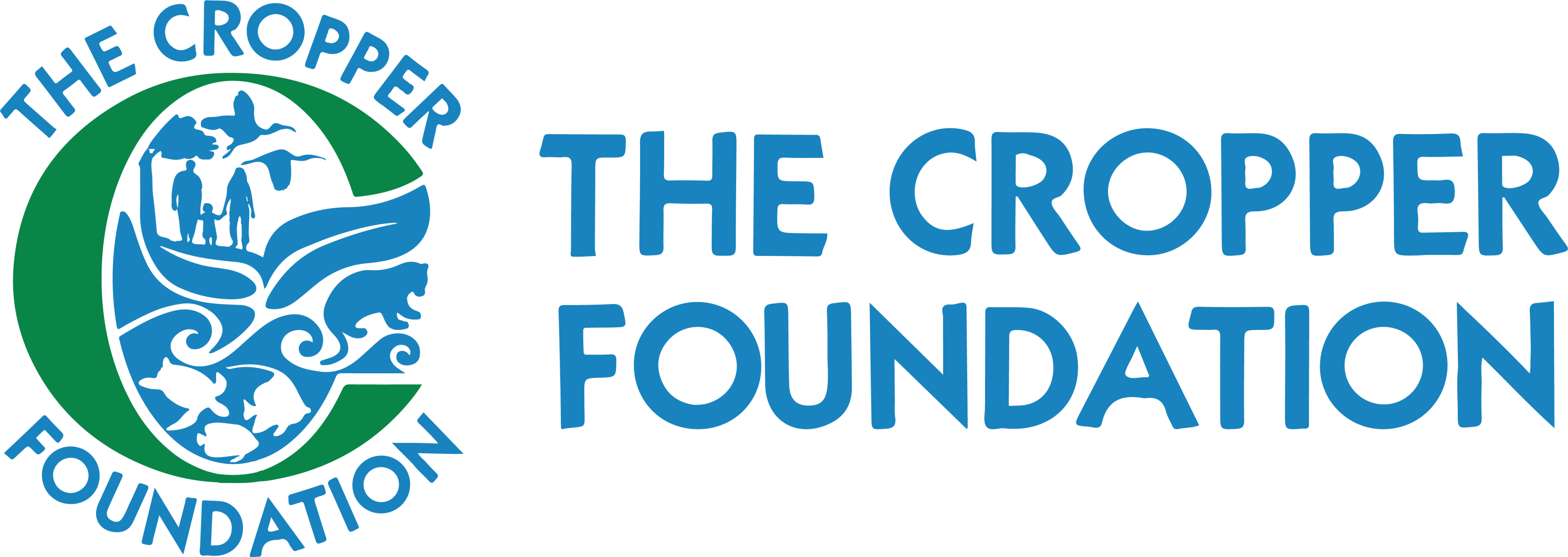
2023 Year in Review
The Cropper Foundation

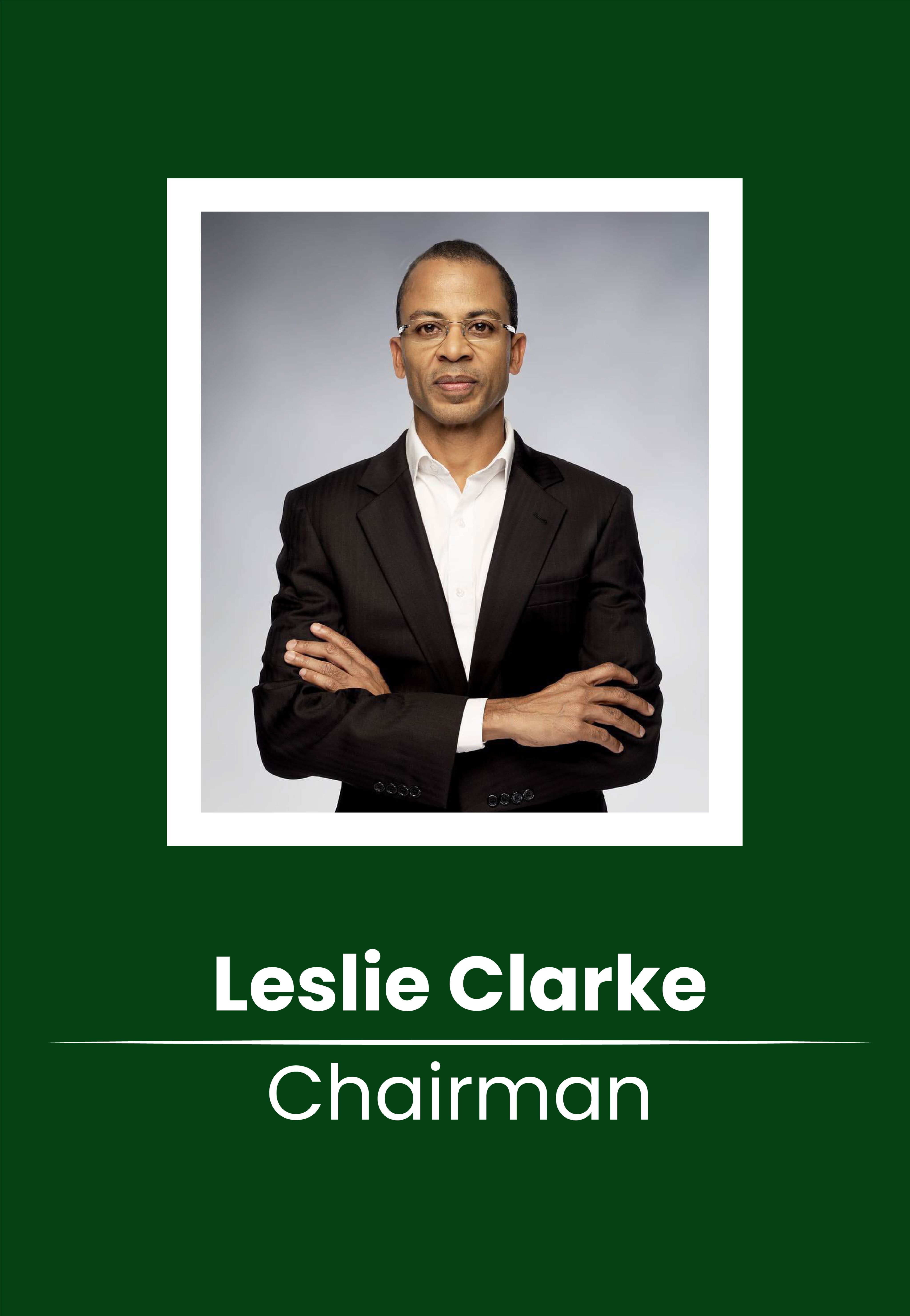
Chairman's Foreword
With our country and region increasingly bedeviled by challenges of all kinds from declining trust and safety to economic uncertainty and the climate crisis, more is required of civil society organisations to bridge growing inequality and inequity.
Amidst enduring resource and capacity constraints, the contribution of the non-profit sector to national and global development is gaining recognition, albeit, arguably, too slowly. Traditionally, NGOs have been perceived as conduits of goodwill for corporations, government agencies and international bodies. Nowadays, they are progressively being sought after as valued stakeholders, partners and even experts in development work. Decision-makers, technocrats and funders are finally catching on: a non-profit’s true unique value proposition is its level of access to and attendant understanding of communities of interest.
The Cropper Foundation’s most valuable asset has been the network of people and organizations we have nurtured over our twenty-four years. The tone and tenor of our late founders Angela & John Cropper in their pioneering efforts in sustainability
and civil society still reverberate today. Bringing people together, finding synergies, generating knowledge, and including the underrepresented remain the hallmark of our approach.
In 2024, we continue to honour and leverage this legacy in service of people-centred sustainable development through the projects we initiate and implement. As we advance our multi-sectoral engagement on various fronts, with greater emphasis on evidence-based, concerted advocacy, we nod to our founders’ vision to create a mechanism for like-minded persons to pool their ideas, energies, expertise, and resources in order to 'give something back'.
It is fair to say that the application of knowledge and experience gained over more than two decades of working in cooperation with others towards solutions is indeed the Cropper way.
CEO's Message
2023 was a year of reflection, consolidation and accelerated implementation for The Cropper Foundation. The work of The Foundation in 2023 strengthened key partnerships in the areas for which The Foundation has become known over more than two decades. Our work also went a long way in building our confidence to step out into new realms of endeavour as we consistently seek to innovate the ways in which we deliver impact for people and the planet. Our philosophy of work remains the same – we are an organisation dedicated to Caribbean development using talent and approaches that are uniquely Caribbean. Transformative, while holding our foundational core ideals true and fast.
In 2024 this transformation continues apace. Some legacy programmes, such as our efforts to facilitate a more sustainable agricultural sector in tangible and measurable ways, continue to bear fruit. Other legacy programmes have been expanded in scope such as our focus on natural capital mainstreaming in the Caribbean’s private sector, which has evolved directly from our decades-long journey advocating for the greater consideration of ecosystems and biodiversity in national policy and planning. Our work this year also doubles down on our support for to wider civil society, through leading intersectional and broad-based capacity building and advocacy for a stronger and more resilient sector.
We continue our commitment to advancing the use and integration of cutting-edge data science and technology for sustainability in the Caribbean, with several projects in the pipeline that focuses on a range of tools from AI to blockchain. Finally, while climate action has always been central to our work, we have honed into climate justice as our key entry point in ongoing advocacy and activism within that space. However, none of this has been possible without an incredible ecosystem of team members, directors, partners and supporters.
In 2010, on our 10th anniversary, Angela Cropper reflected that The Foundation “…entails a continuing search for leadership, a sense of continued purpose, motivating and mobilizing others, and their taking ownership…it is there as a framework and an opportunity for others who are similarly motivated to give something back.” Similarly, our impact in 2023 is not ours alone, but as a collective product of the collaboration of many, many people over the time of our existence, and we commit to continuing and building on this in 2024 and beyond.
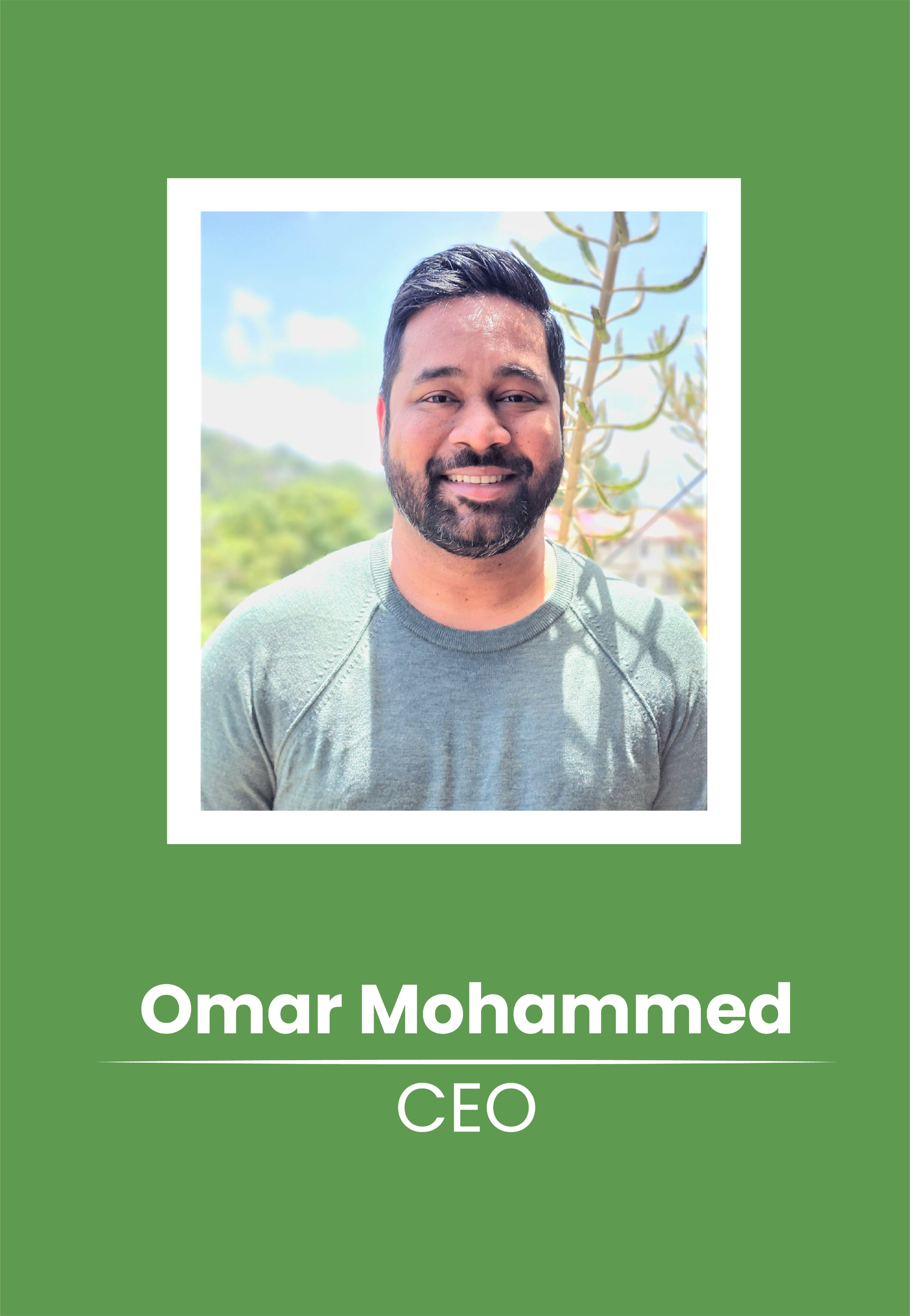
Decision Making for Sustainable Development
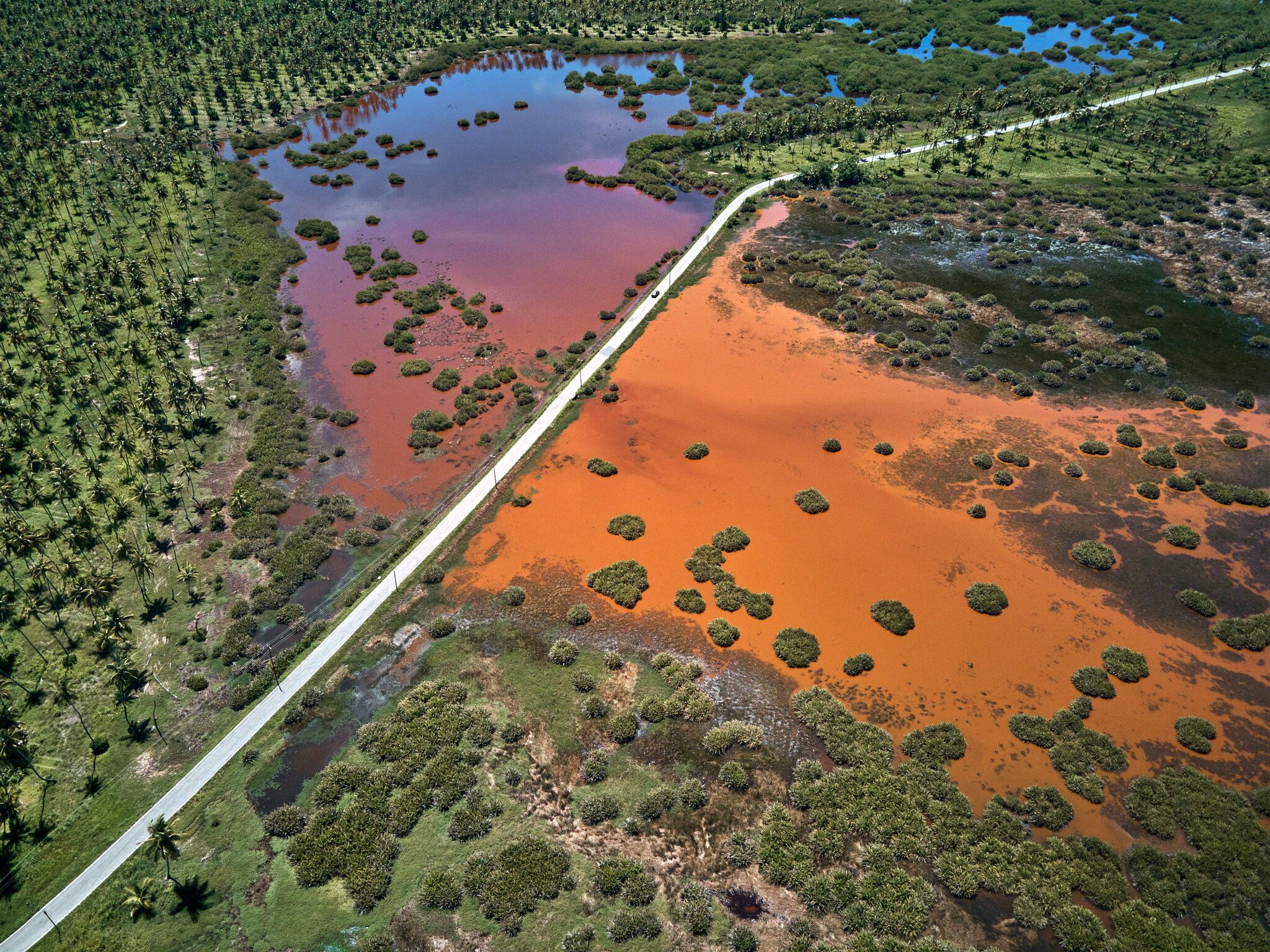
Catalysing and Connecting the Circular Economy in T&T
This IDB-LAB funded project aims to pilot a viable private sector driven model to support sustainable recycling and circular economy interventions in T&T.
Initiated in February 2022 and ending June 2024, TCF is leading its implementation along with key project partners Container Recycling Services Ltd, Nestle TT, and New Age Recycling. The project sets out to achieve its goal through four components: (i) catalysing behaviour change via a targeted consumer behaviour change campaign on waste reduction
(ii) piloting a recycling model via the Every Bottle Back monetary redemption model for PET/HDPE and TetraPak
(iii) stakeholder engagement to collaborate on the strategic advancement of recycling and CE efforts in T&T and
(iv) supporting circular economy businesses via a business pitch and mentorship competition.
Summary of main project actions as of December 2023:
- Launch of “Every Bottle Back” collection model by Container Recycling Services Ltd (an IDB-Lab supported Joint Venture) where an award of five cents is applied to each PET/HDPE bottle deposited.
- Pre-launch and design of targeted community and national digital Consumer Behaviour Change Campaign “DAZ Good Ting” aimed at reducing waste, led by Lonsdale Saatchi and Saatchi (LSS) and a specially constituted Campaign Advisory Committee comprising key waste management sector stakeholders in T&T.
- Short-term partnership with the Green Screen Environmental Film Festival via sponsorship of a Circular Economy category prize in their 2023 Very Short Shorts Mobile Film Competition and co-production of live CE panel discussion event as part of their festival.
- Formal partnership between TCF and COSTAATT to understand and promote circular economy opportunities in T&T. COSTAATT conducted a survey to develop a baseline of the level of knowledge of the circular economy across local stakeholders, their current undertakings and willingness to support a transition to a circular economy. The Baseline Report was used to create a guide for developing a roadmap to a circular economy for T&T. The Road Map is currently be revised following its first review.
- Soft launch of COSTAATTs circular economy business pitch competition, “The Full Circle Challenge” (officially launched in January 2024).
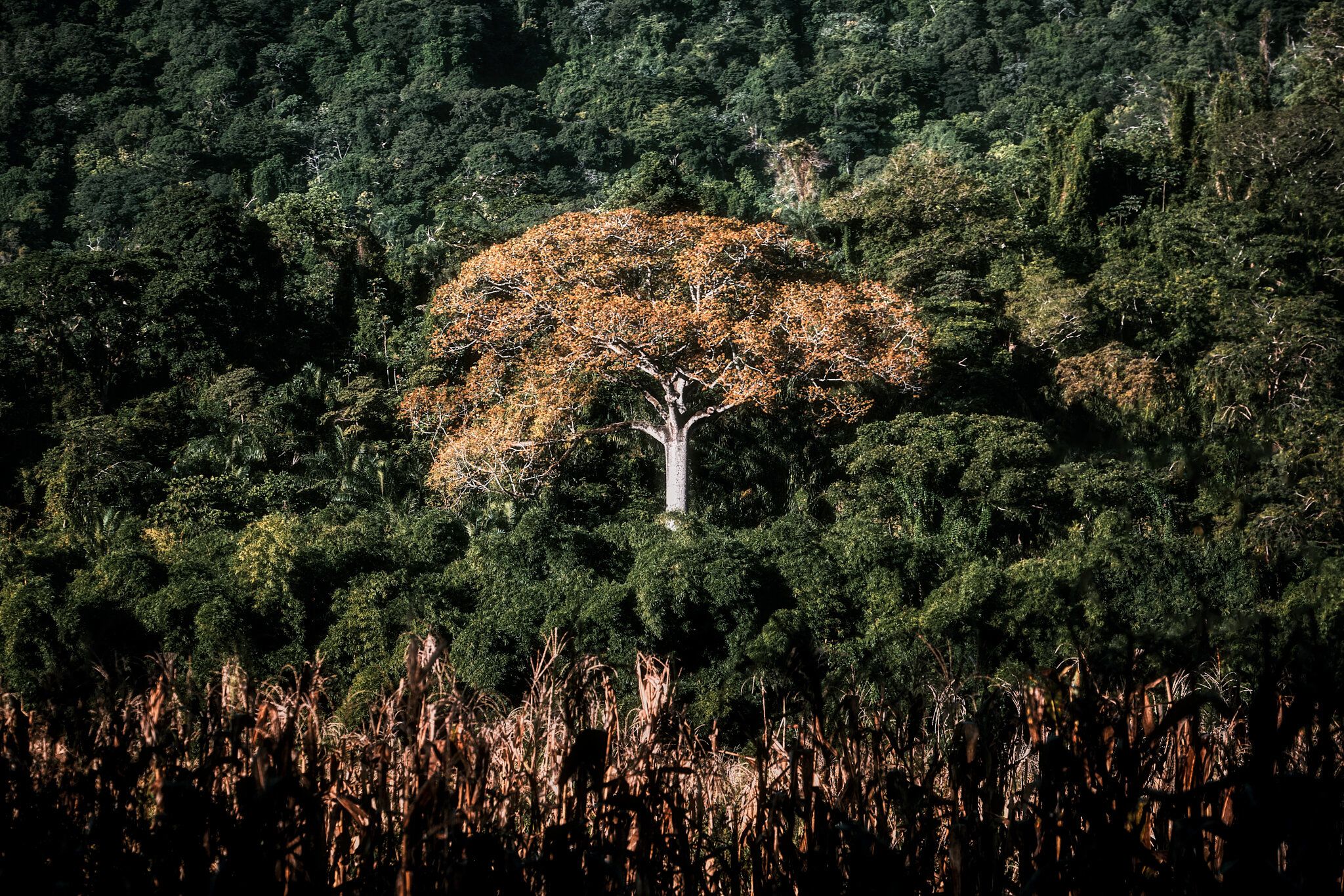
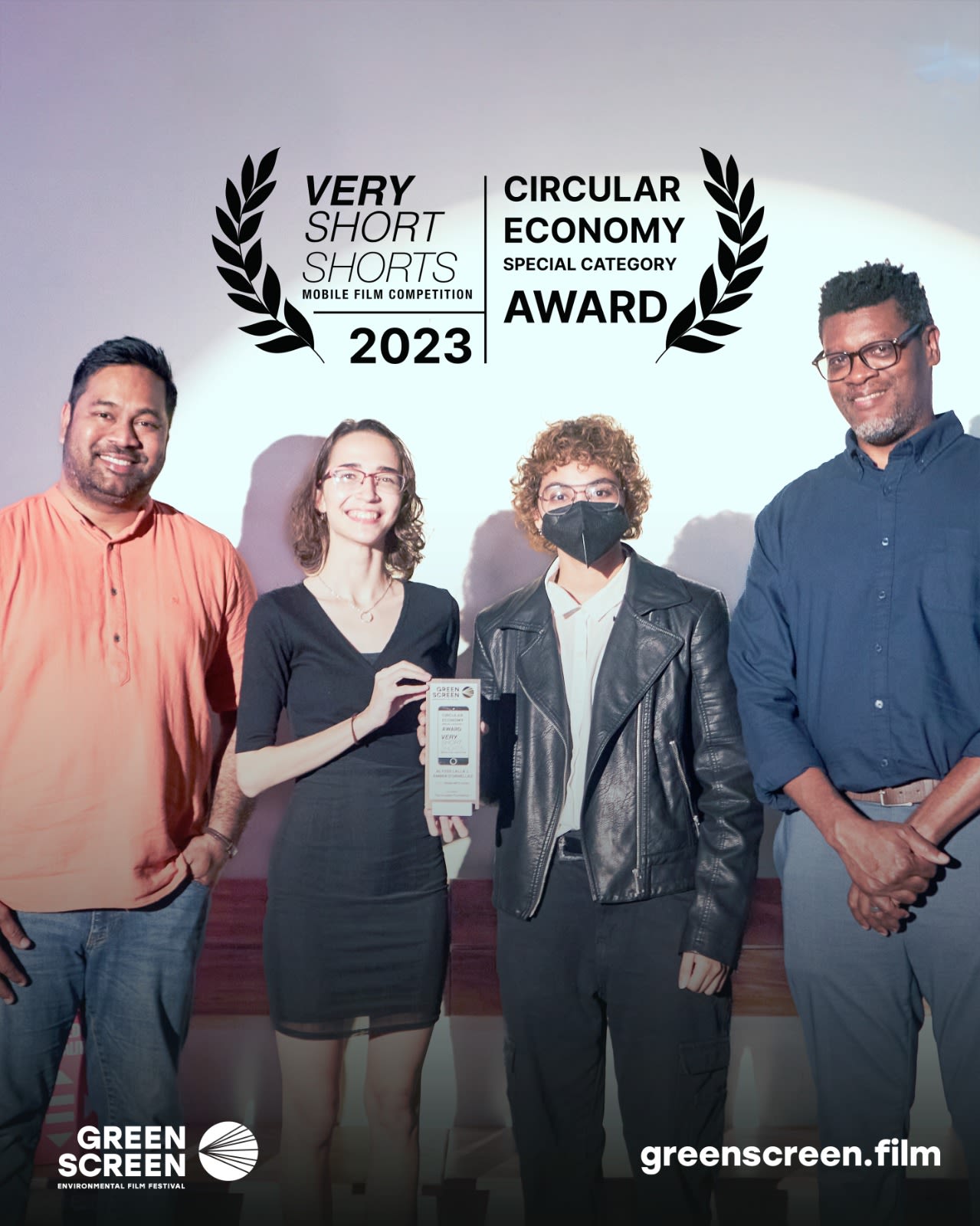
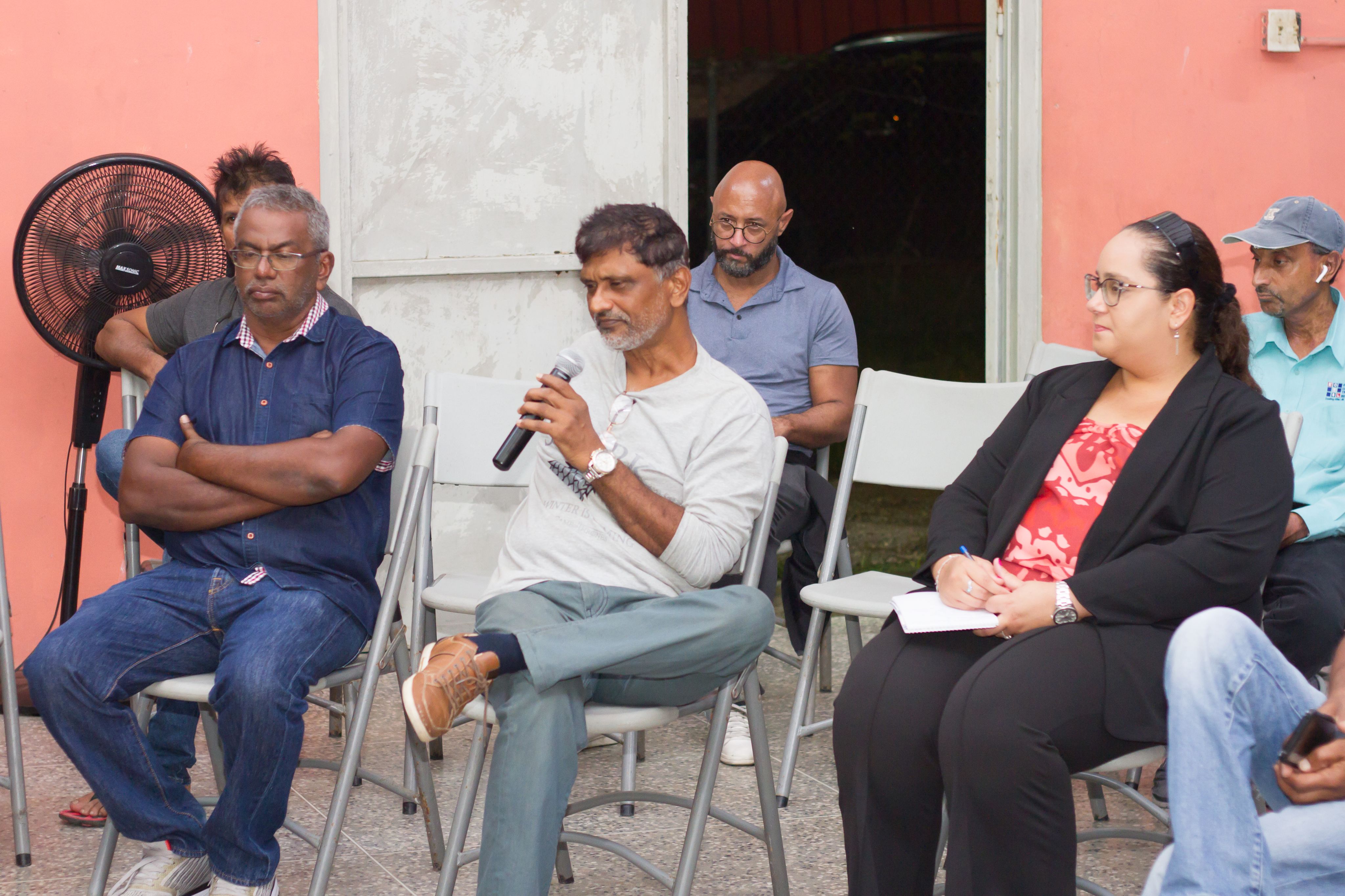
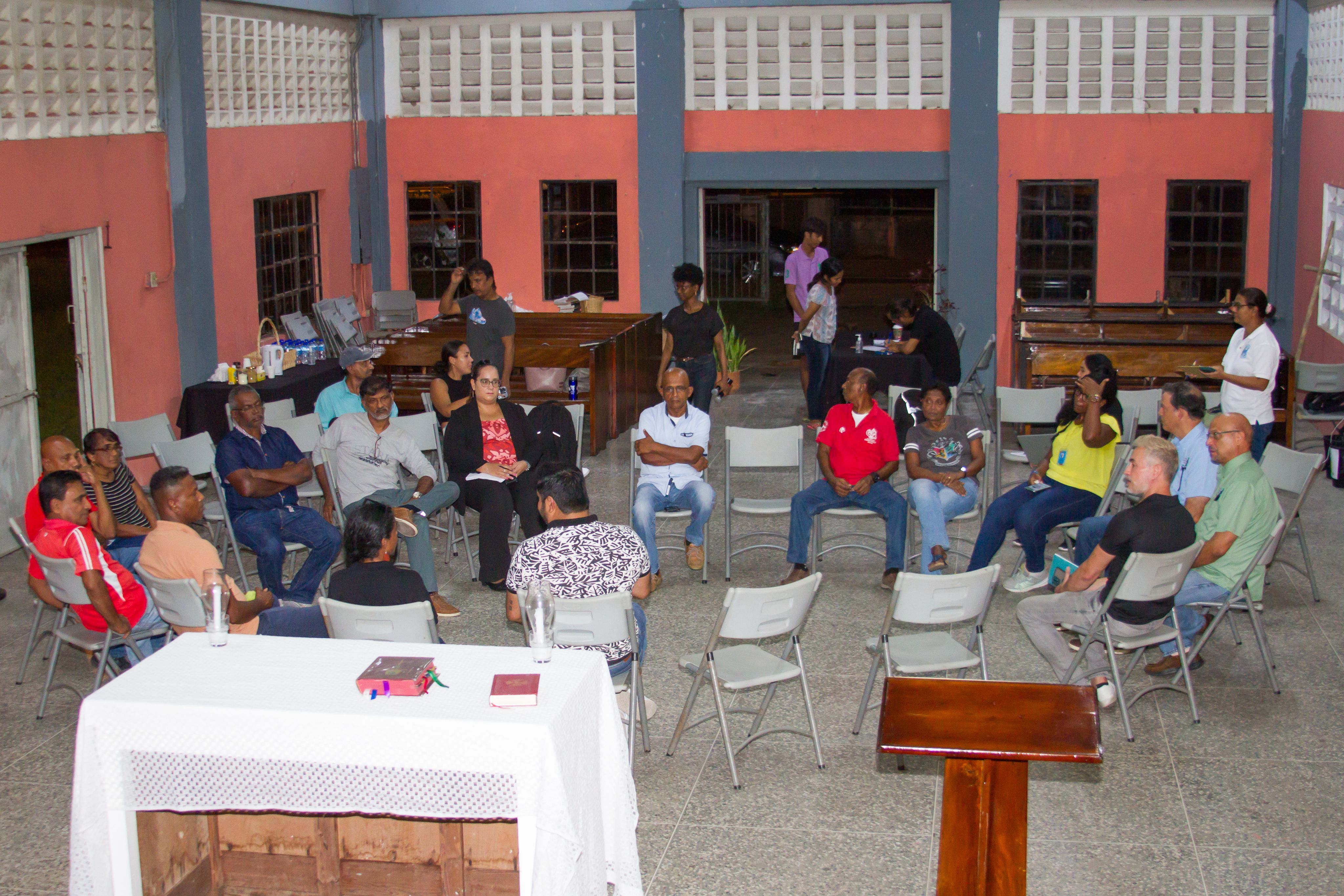
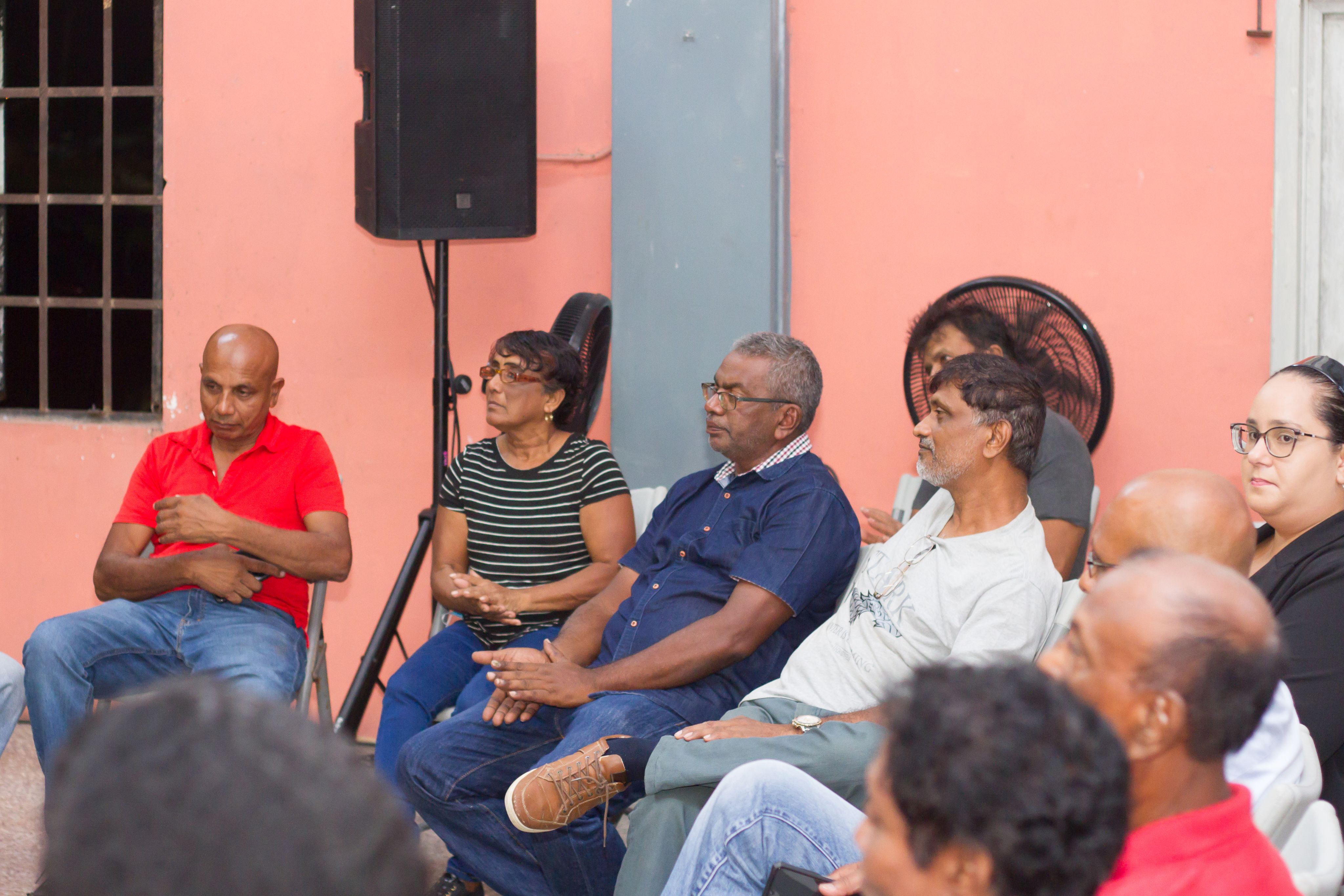
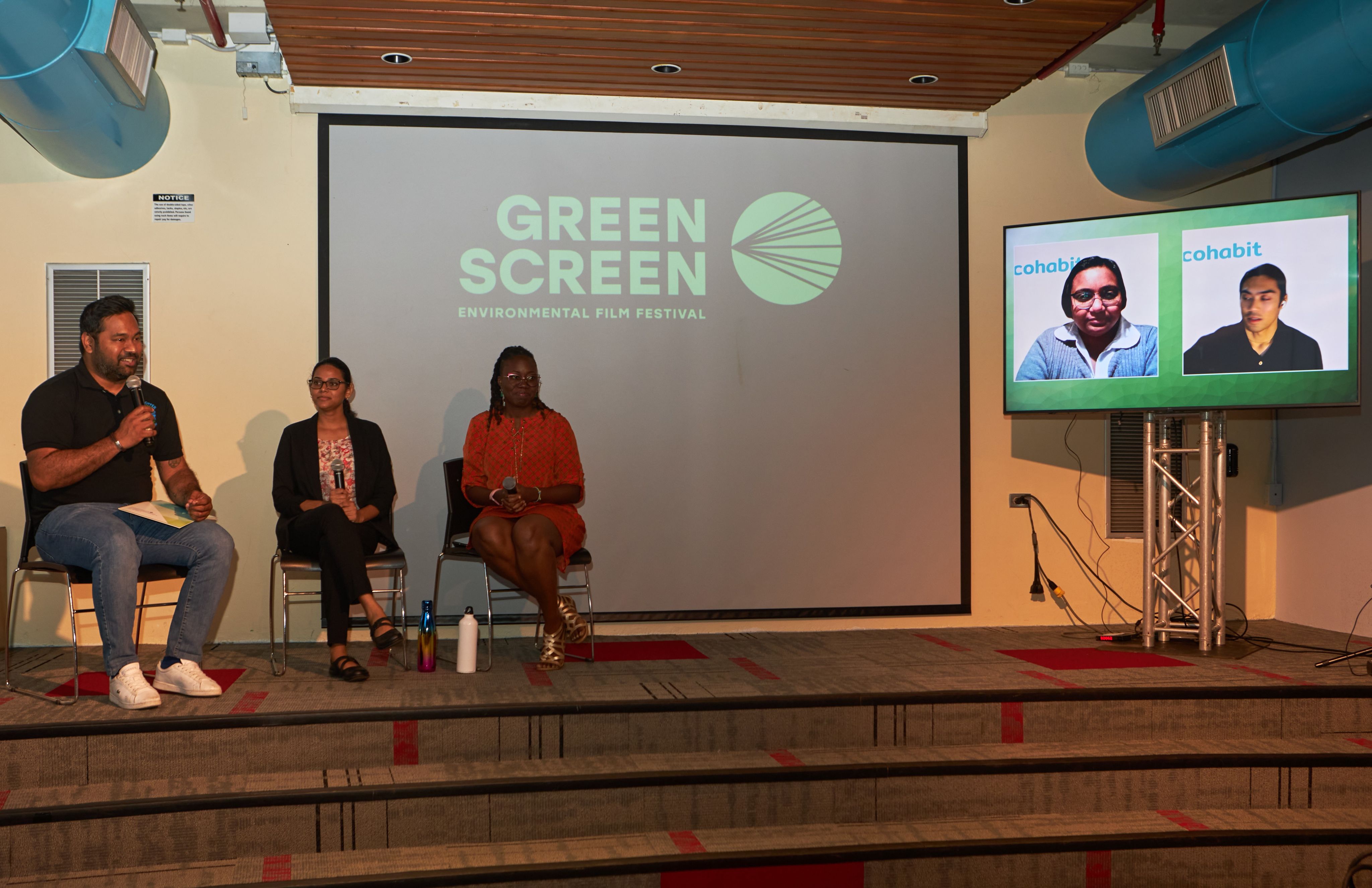
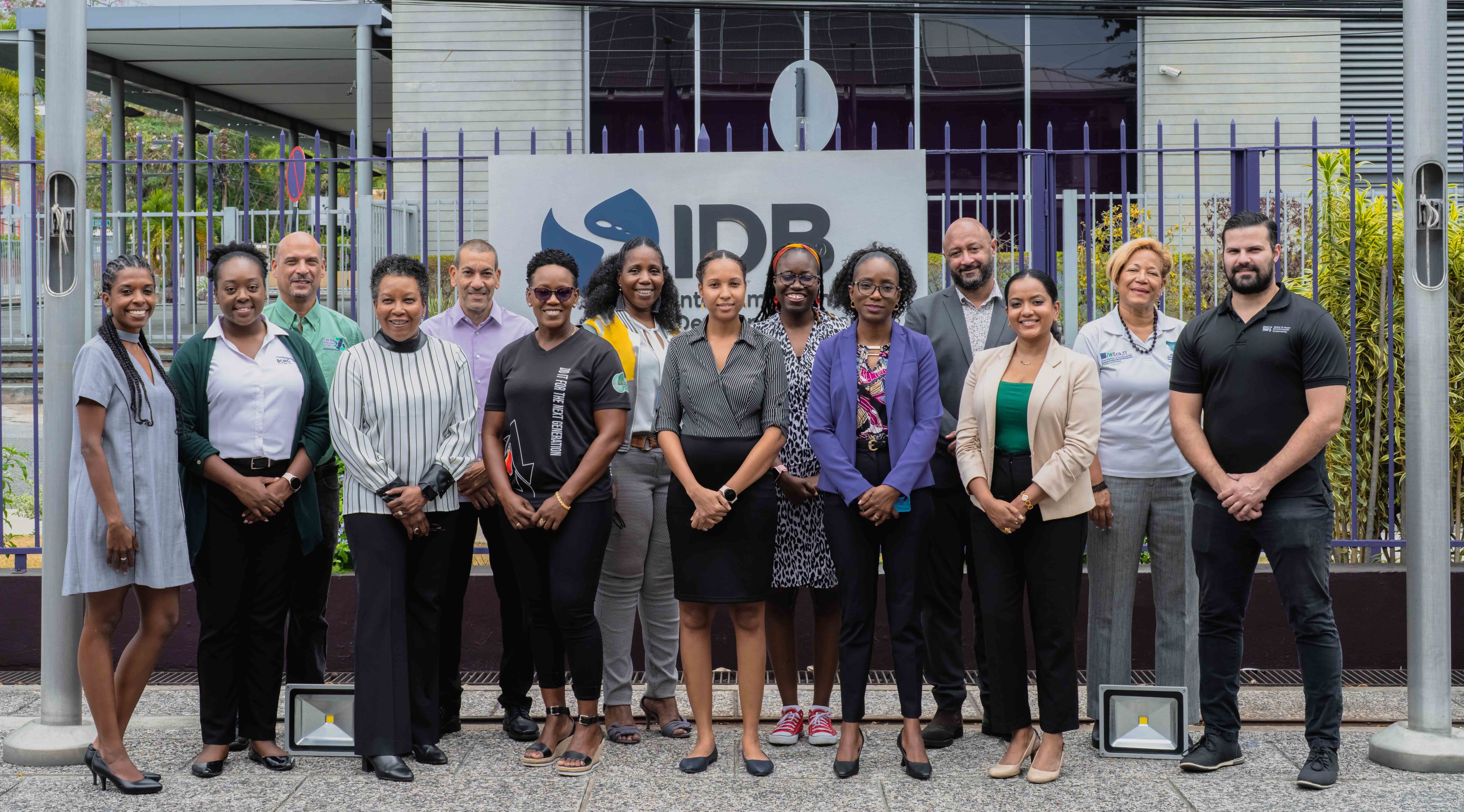
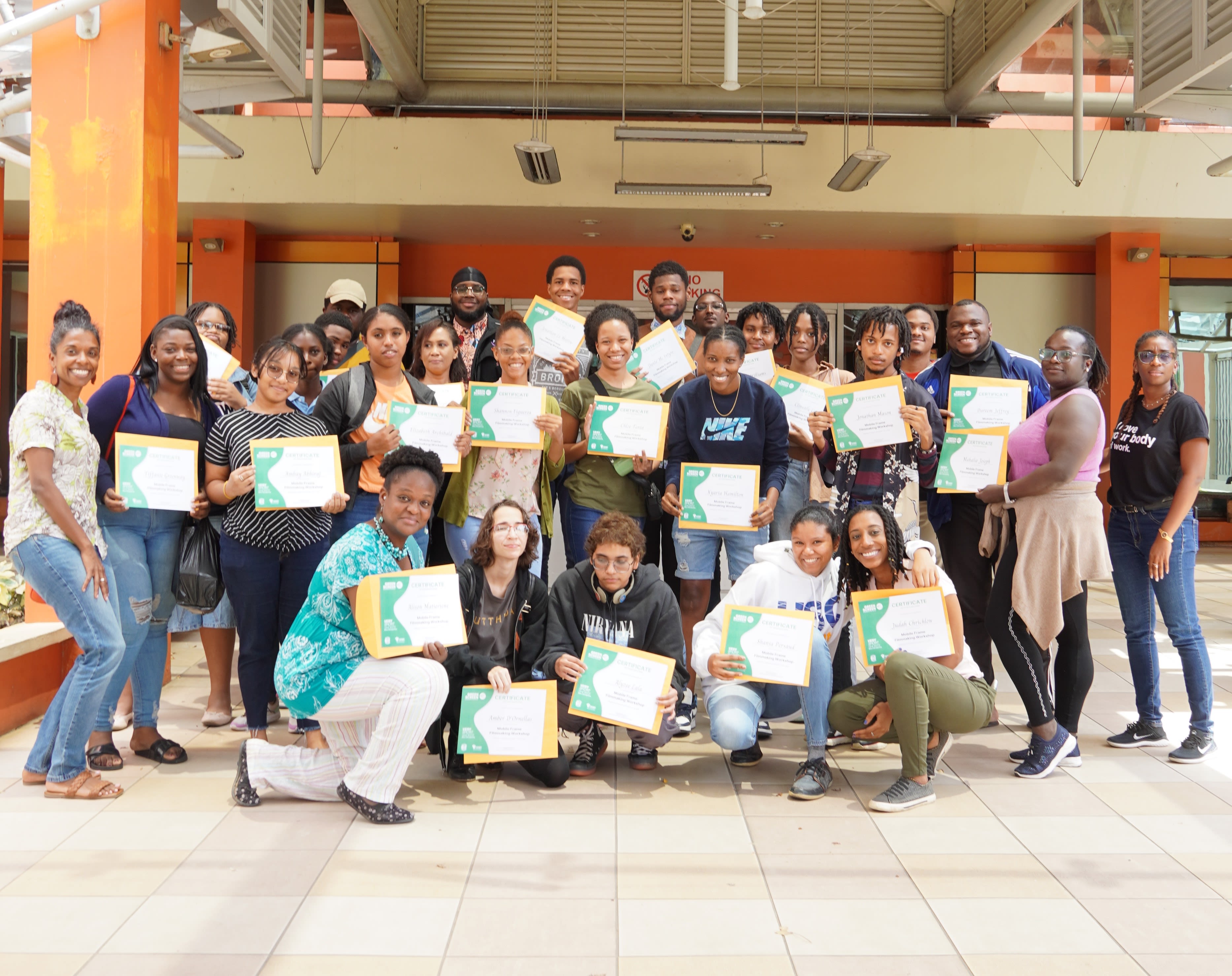
Reflection from Alyssa Black
In 2024, I'm looking forward to the launch of the project's circular economy business pitch challenge and waste minimization campaign, "Daz Good Ting."
Throughout the project's implementation I've had the opportunity to engage with individuals who are deeply committed to addressing our country's waste issues. Each individual is making their own valuable contribution to promoting a more circular economy, be it through educational efforts, advocacy work, or offering sustainable products and services. Together, they are working towards shifting the publics mindset around 'waste' and there is significant work to be done in educating on the potential environmental, social, and economic benefits.
Alyssa Black is a Project Officer at The Cropper Foundation.
Advancing Climate Democracy in Guyana, Suriname and Trinidad and Tobago
Over the past two years, we’ve served as a local implementing partner for this project, led by partner NGO IAMovement and funded by the United Nations Democracy Fund (UNDEF).
Project aim:
Improving public awareness and engagement on issues and solutions related to climate change in the localized contexts in all three territories.
Major TCF-supported achievements:
- Establishing Stakeholder/Civic Working Group comprising academia, civil society and private sector.
- Mapping of the policy and legislative landscape in relation to climate change in T&T.
- Facilitation of civil society sector’s consultation process to the National Climate Change Policy (NCCP) of Trinidad and Tobago Revision through TCFs CSO-Go platform.
- Development of two submissions to present to the Joint Select Committee of Land and Physical Infrastructure (TT Parliament): 1.) Climate Resilience in the Agriculture Sector and 2.) Reducing the impact of increased severe flooding events due to climate change on the marine environment using Nature Based Solutions.
- Delivery of two policy documents to the Joint Select Committee of Land and Physical Infrastructure “An inquiry into the various measures in place to address the challenges of climate change in Trinidad and Tobago”.
- National Consultation event on November 1 at the Belmont Community Centre with wide representation of civil society, academia, private and other sectors, including coastal and farming communities.
- Delivery of Supplemental Report to the JSC following National Consultation event.
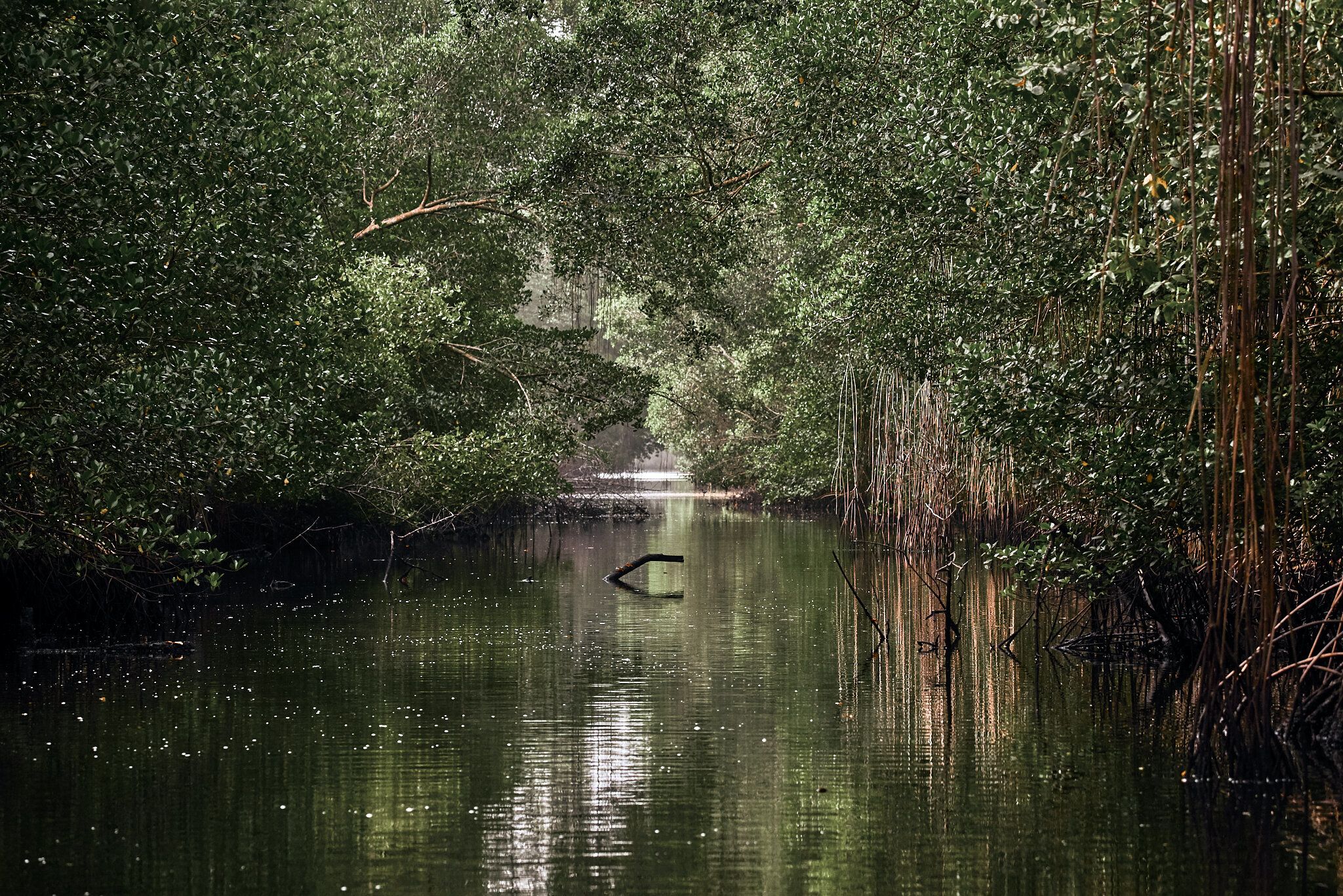

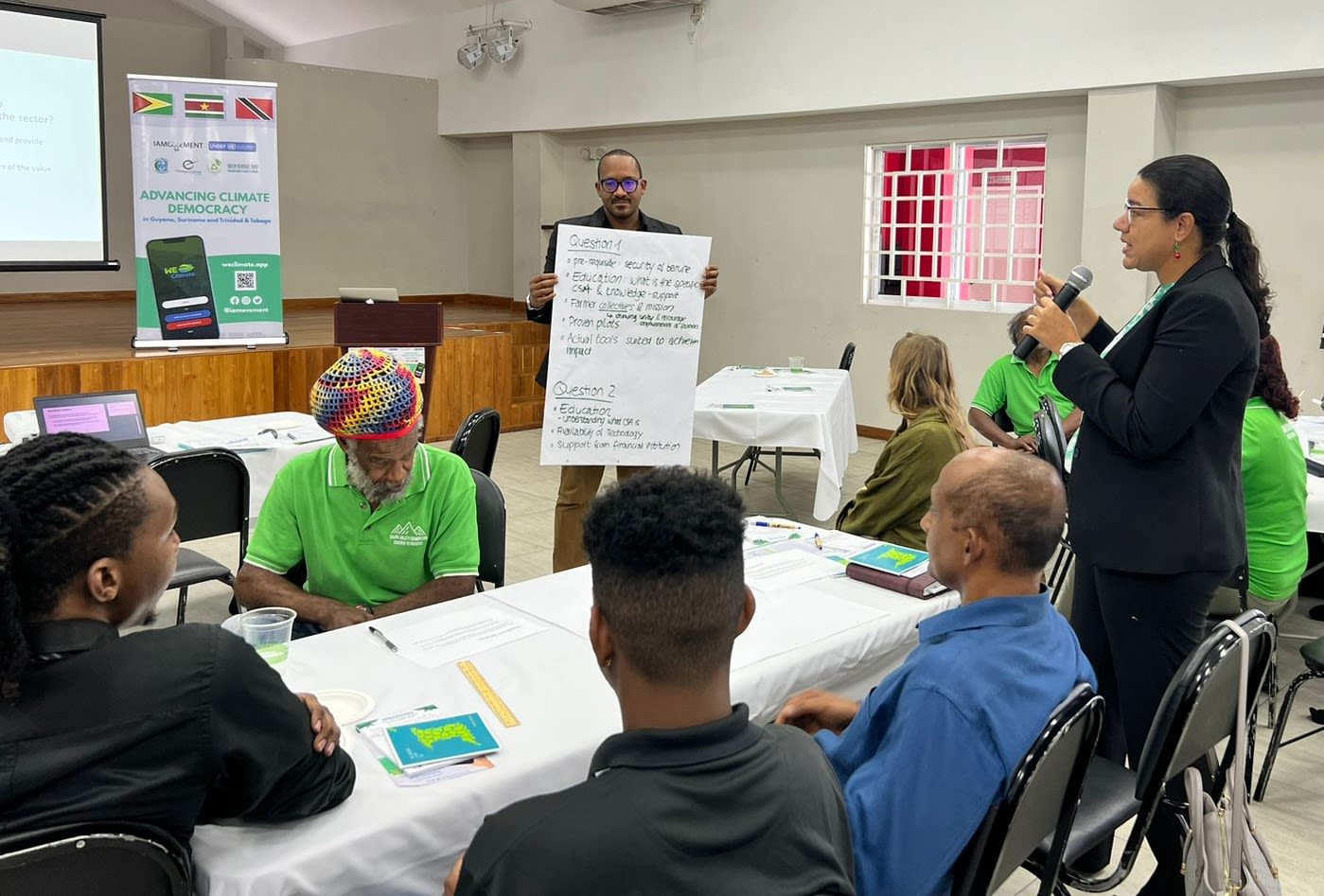
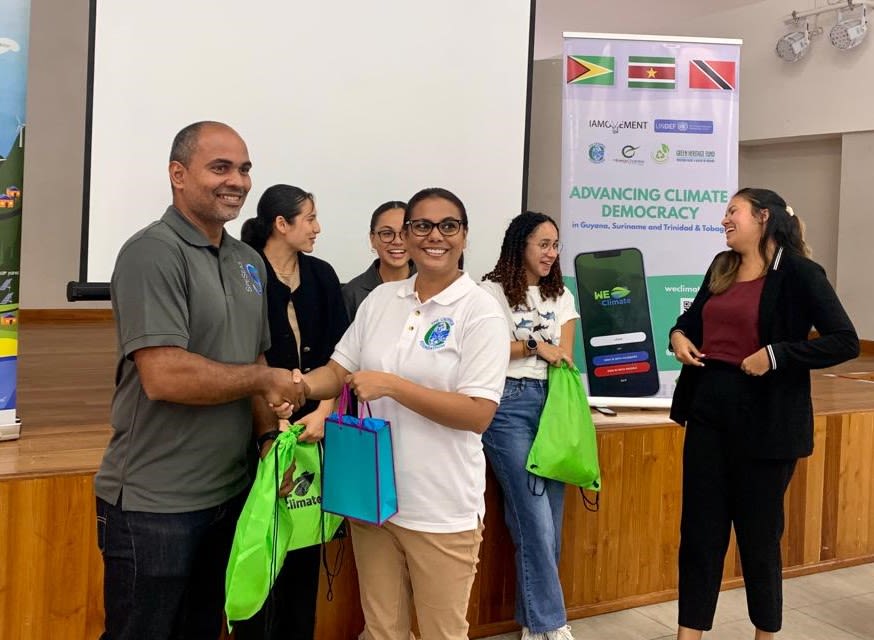
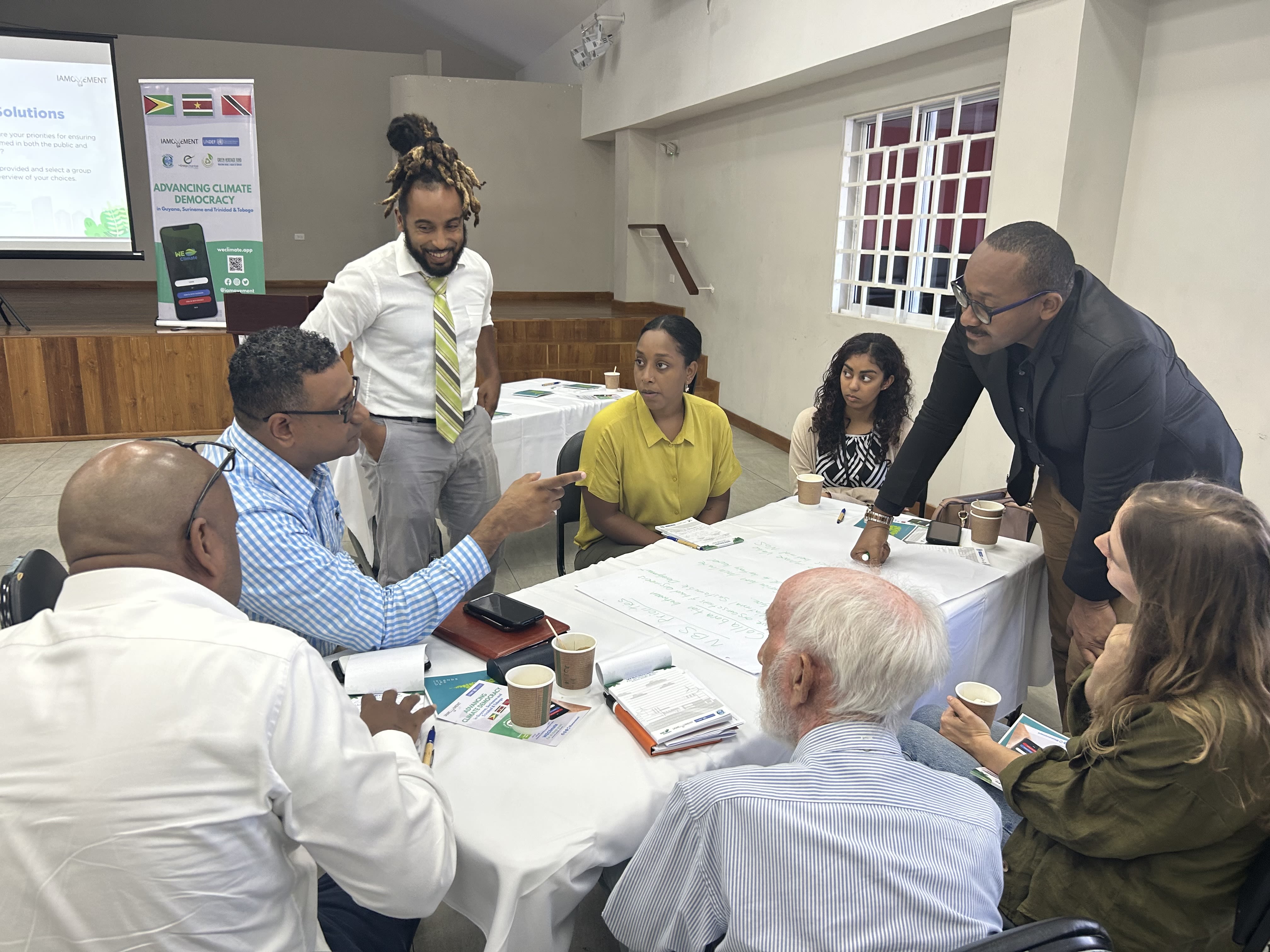
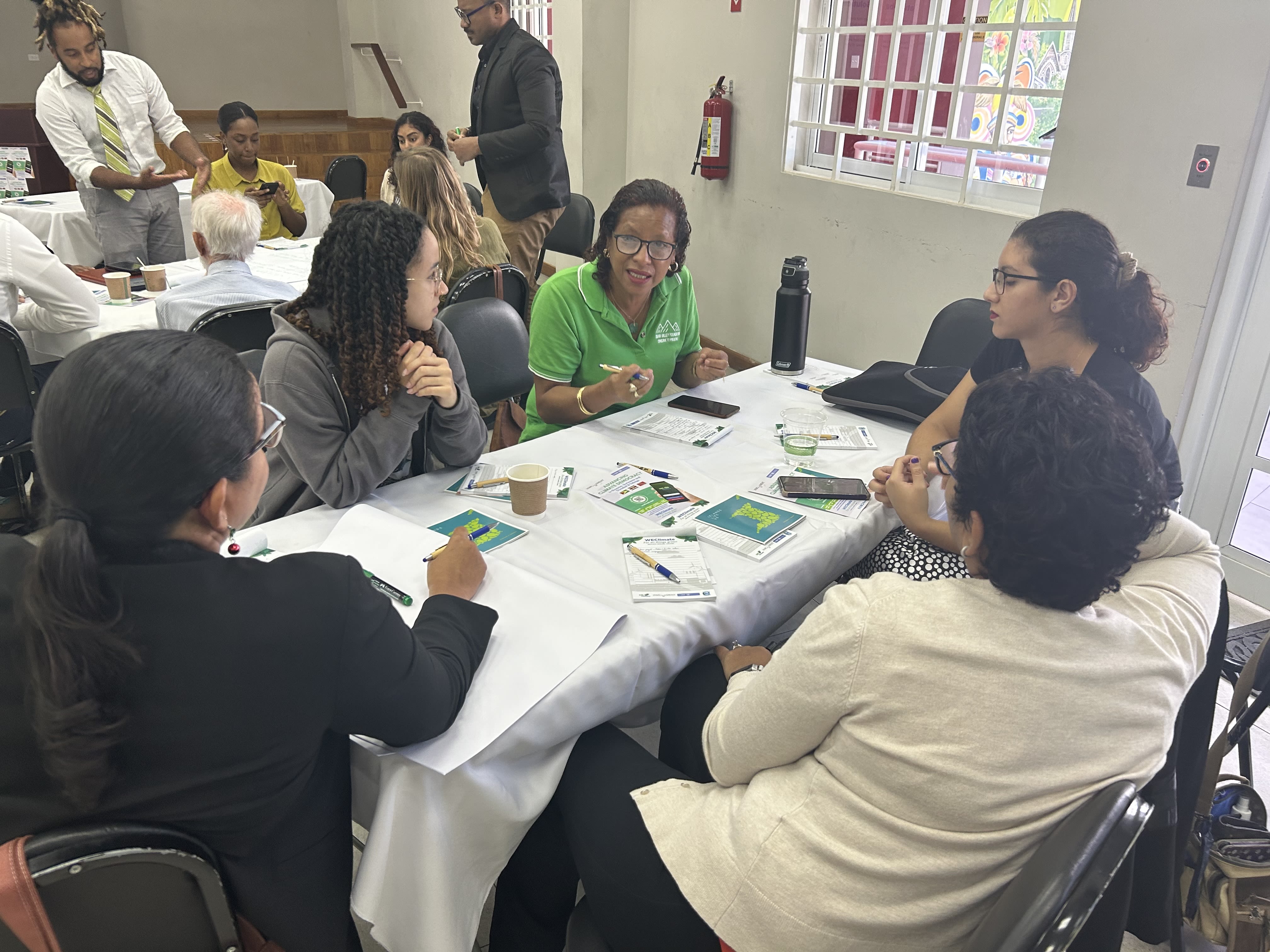
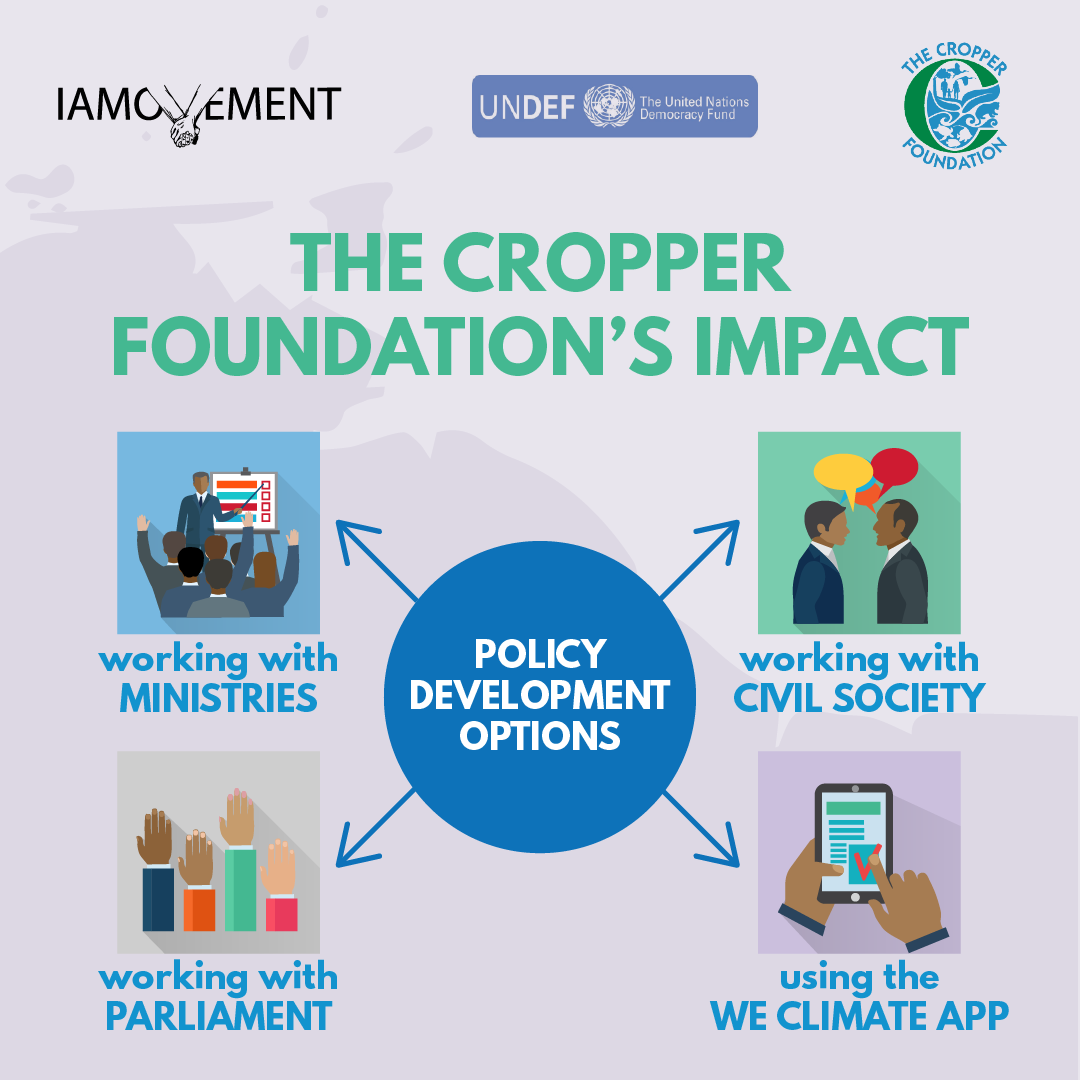
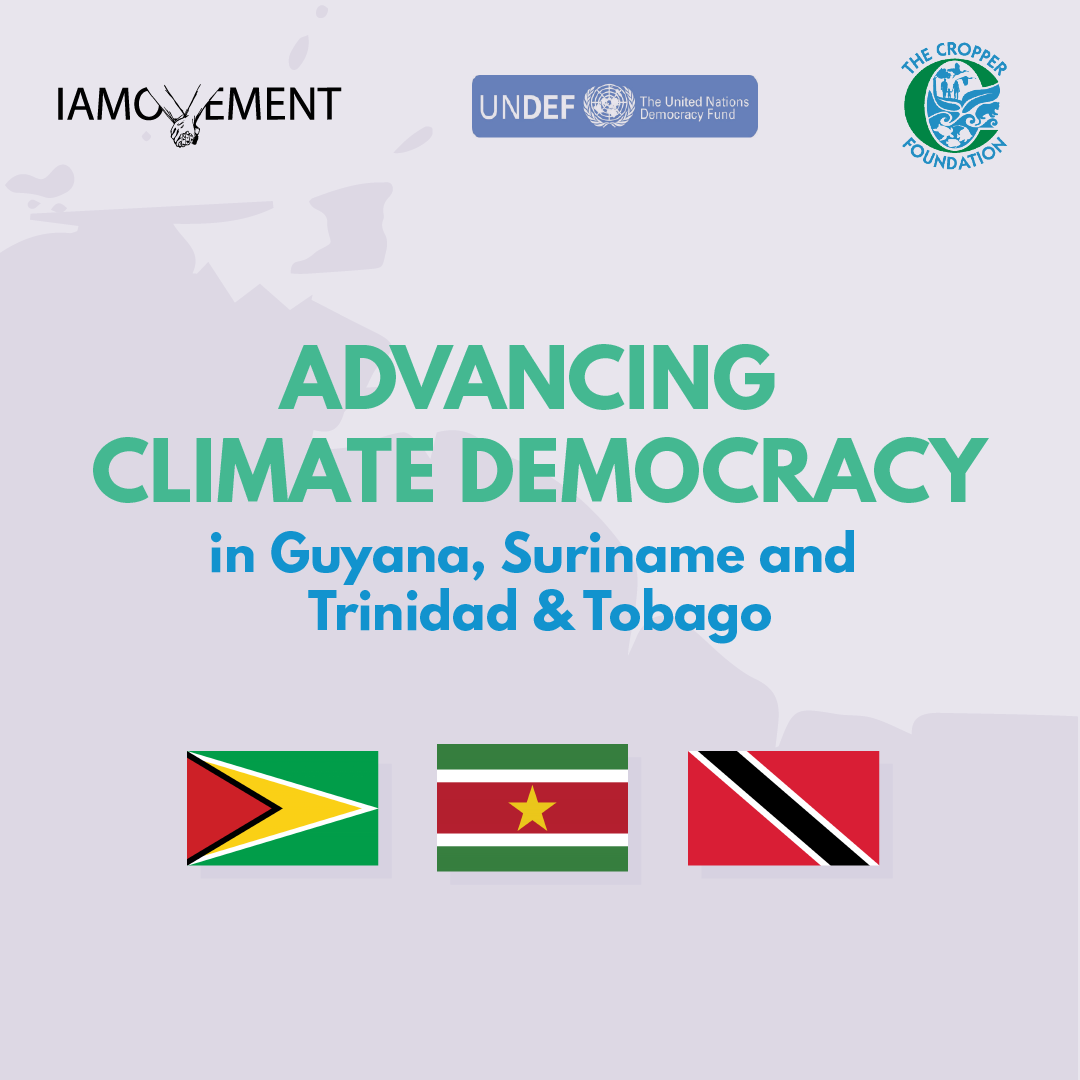
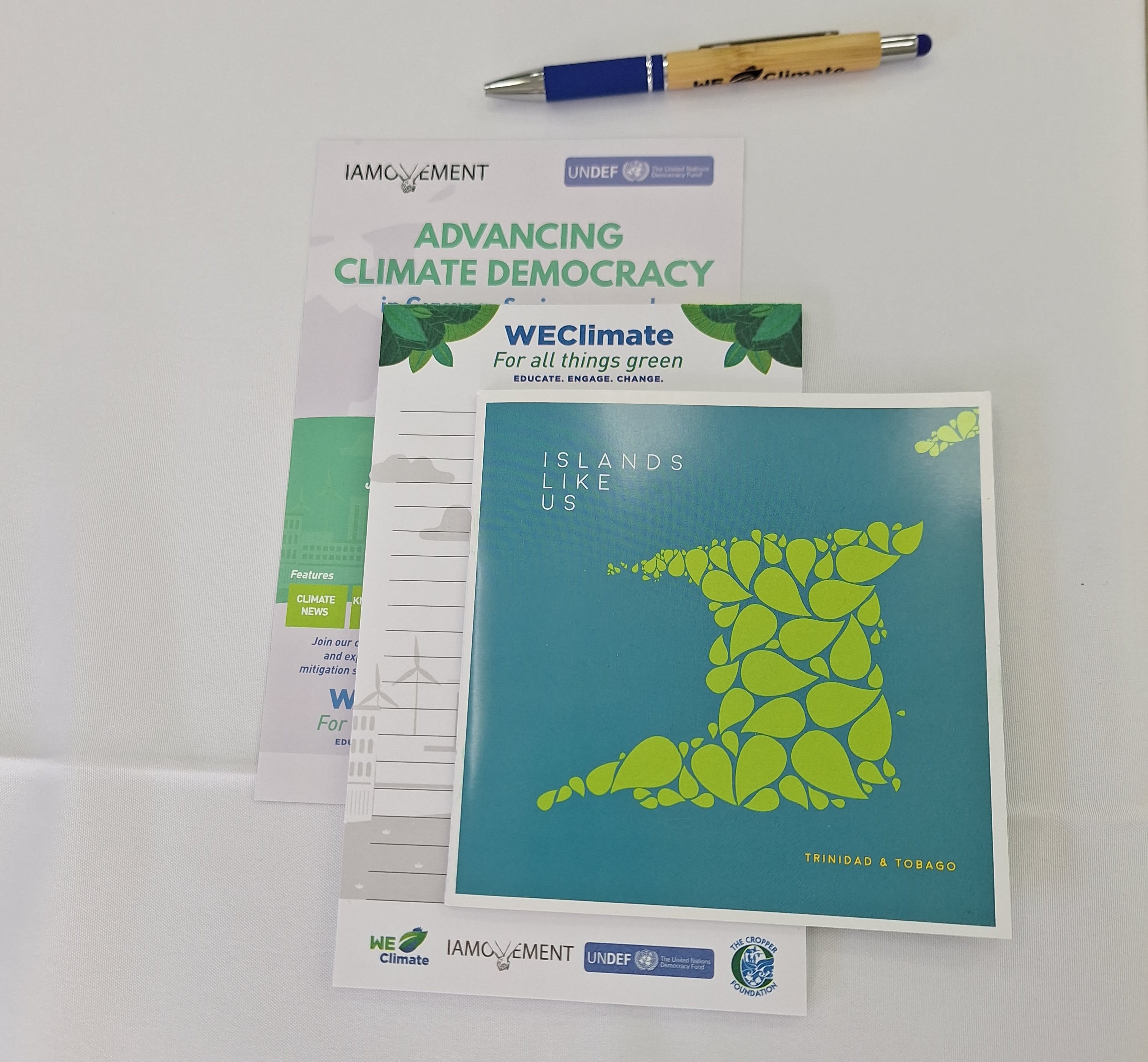
Reflection from Nikita Ali
This project highlighted the importance of collaboration and networking to achieve project success. Without the assistance of the civic working group members, the JSC staff and others, we would not have been able to accomplish as much as we did!
For 2024: I hope that the work that TCF continues to have meaningful and sustainable impacts on the organisations, communities, and ecosystems that we engage with. (This includes reversal of biodiversity loss, adaptation to, and mitigation of the impacts of climate change on our islands and strengthened support to the organisations working to protect our people and planet.)
Nikita Ali is a Project Officer at The Cropper Foundation.
Caribbean Natural Capital Hub
The creation of the Caribbean Natural Capital Hub in collaboration with ANSA Merchant Bank (T&T), ANSA Bank (T&T), and the Capitals Coalition in July 2022 represents TCF's first major partnership with the private sector in our 23-year history!
Acting as a catalyst, the Hub brings together ANSA Merchant Bank, ANSA Bank, and the wider business community in a collaborative effort to enhance their collective positive impact on the environment—a move unprecedented for the region.
Now in its second year, the Hub continues to pursue its mandate to support partners and members through initiatives designed to:
- Forge and catalyse a bold movement of progressive Caribbean companies and institutions.
- Promote and facilitate the expansion of knowledge within the region vis-a-vis the private sector's role in financing and advocating for more pro-nature and sustainable economic models.
- Enable the integration of a growing Caribbean knowledge base into the global conversation about the development and adaptation of decision-making frameworks centred on the value and preservation of nature.
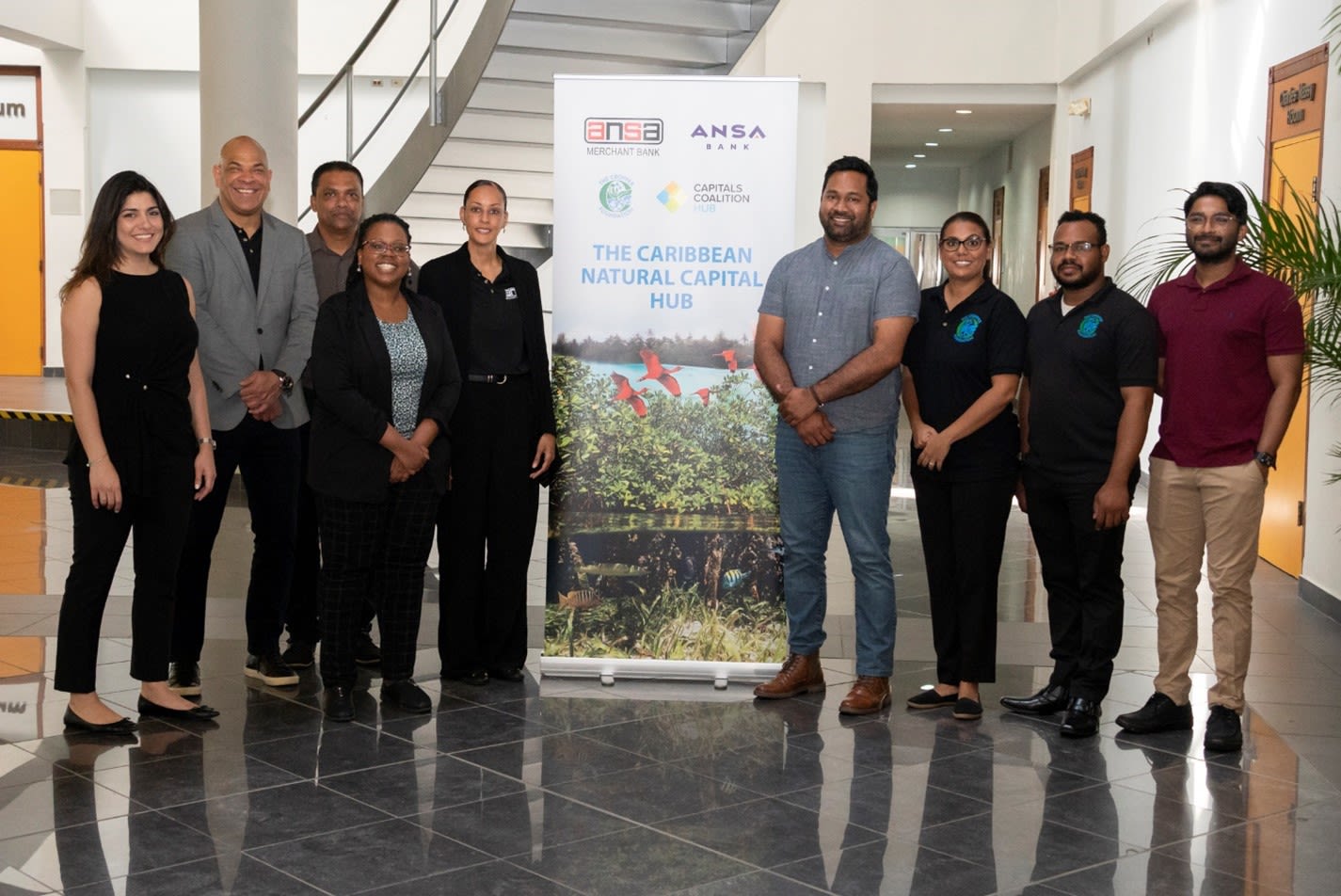
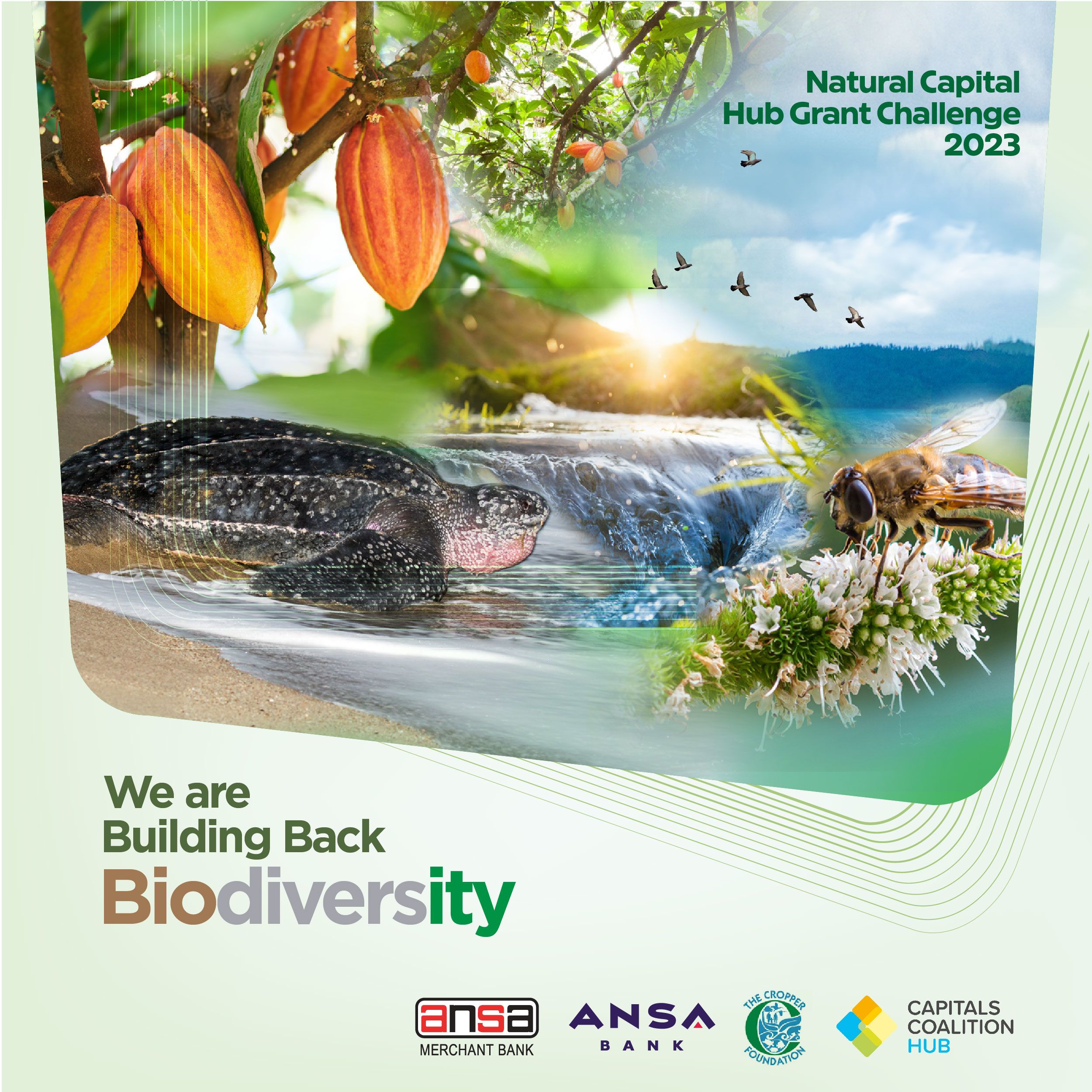

Major activities to date:
- Launch of the Natural Capital Grant Challenge for SMEs in T&T targeting companies with business models that analyse and mitigate any impacts the enterprise may have on natural resources; working on nature-based interventions; contributing directly to the conservation/restoration of natural assets.
The Challenge yielded >50 applications and >50 new members!
- Announcement of seven shortlisted applicants to move on to the Stage Two of the Challenge - The Incubator Program, alongside the first Natural Capital capacity building workshop, which was held for all applicants.
- Launch of first-of-its-kind Natural Capital Business Bootcamp, led by visiting expert Tim Polaszek from the Capitals Coalition. Introduced over 70 participants to the Capitals Coalition, global hubs, and the relevance of the natural capital approach to sustainability and ESG practices.
- Assembly of first Expert Working Group on Nature-Related Reporting whose primary objective is to craft a Regional Position Paper on the integration of nature-related reporting within the Caribbean private sector.
- Start of Natural Capital Accounting Training Workshop series for AMBL staff designed to enhance their understanding and application of Natural Capital principles within the banking context.
- Development of first draft of Natural Capital Report for ANSA Group (AMBL Trinidad, AMBL Barbados and ANSA Bank) An important first step in the Bank's efforts to formulate a strong strategy directing lending and investment decisions, the report will lay the groundwork for identifying, measuring, and valuing the Bank's impacts and dependencies on natural capital.
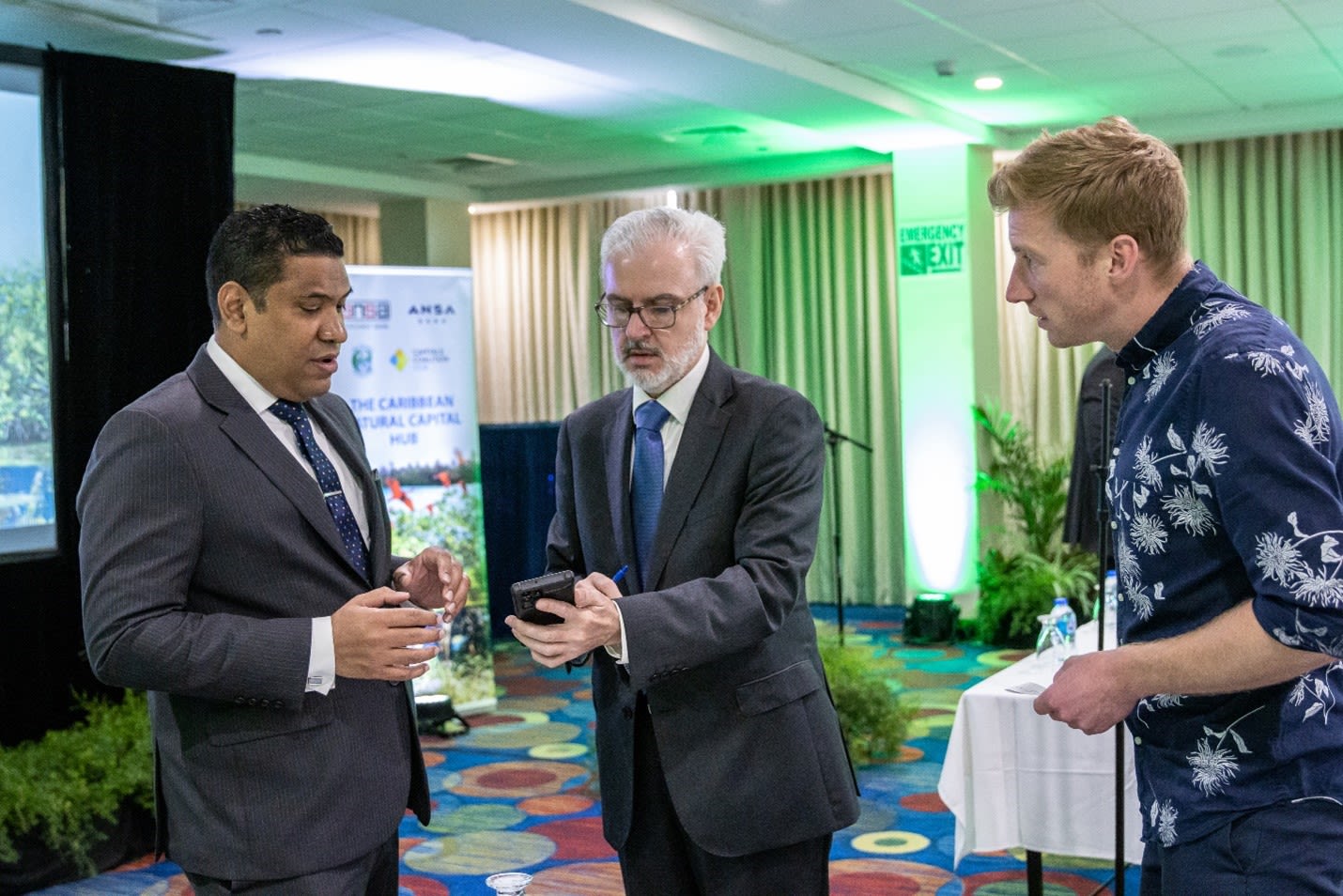
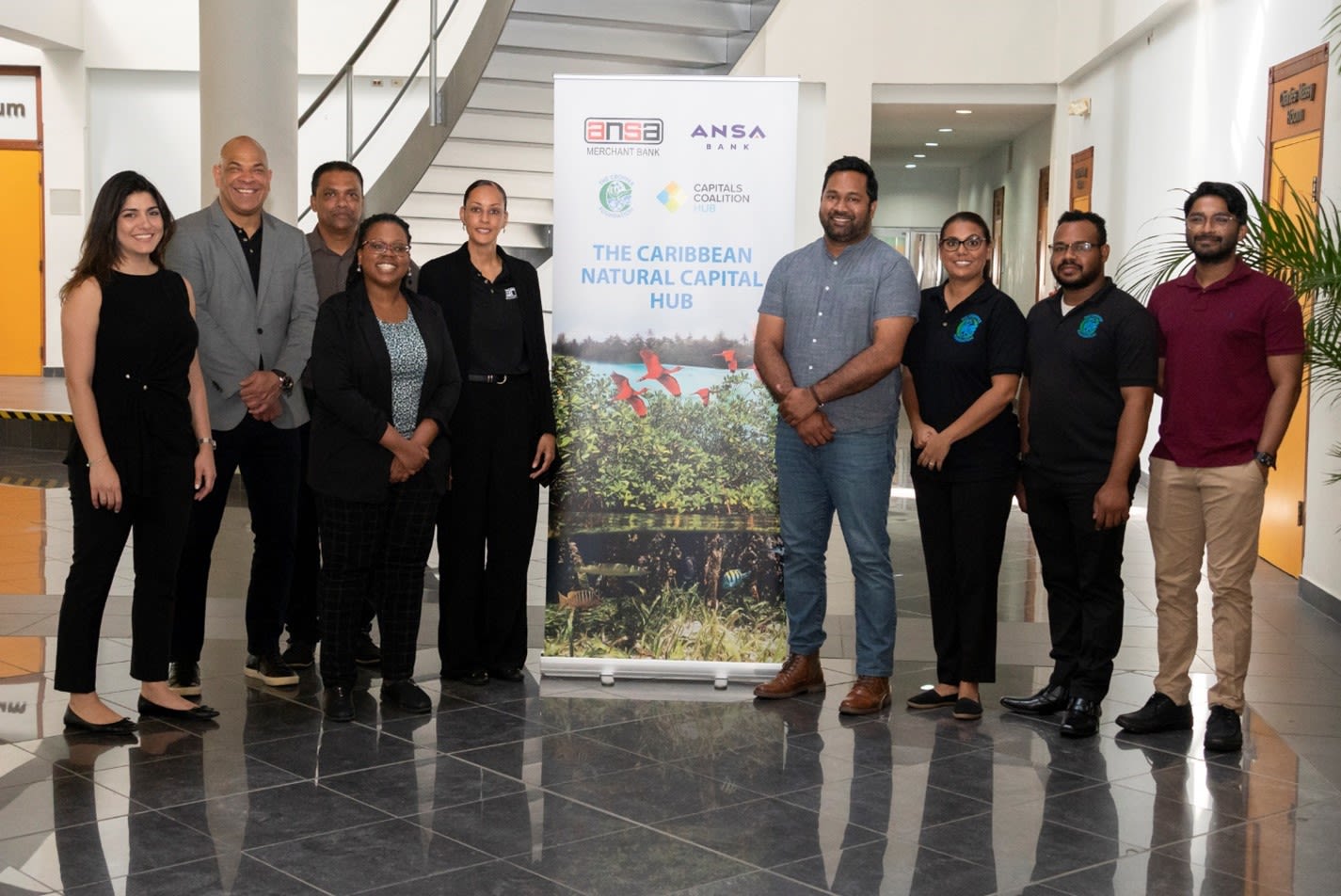
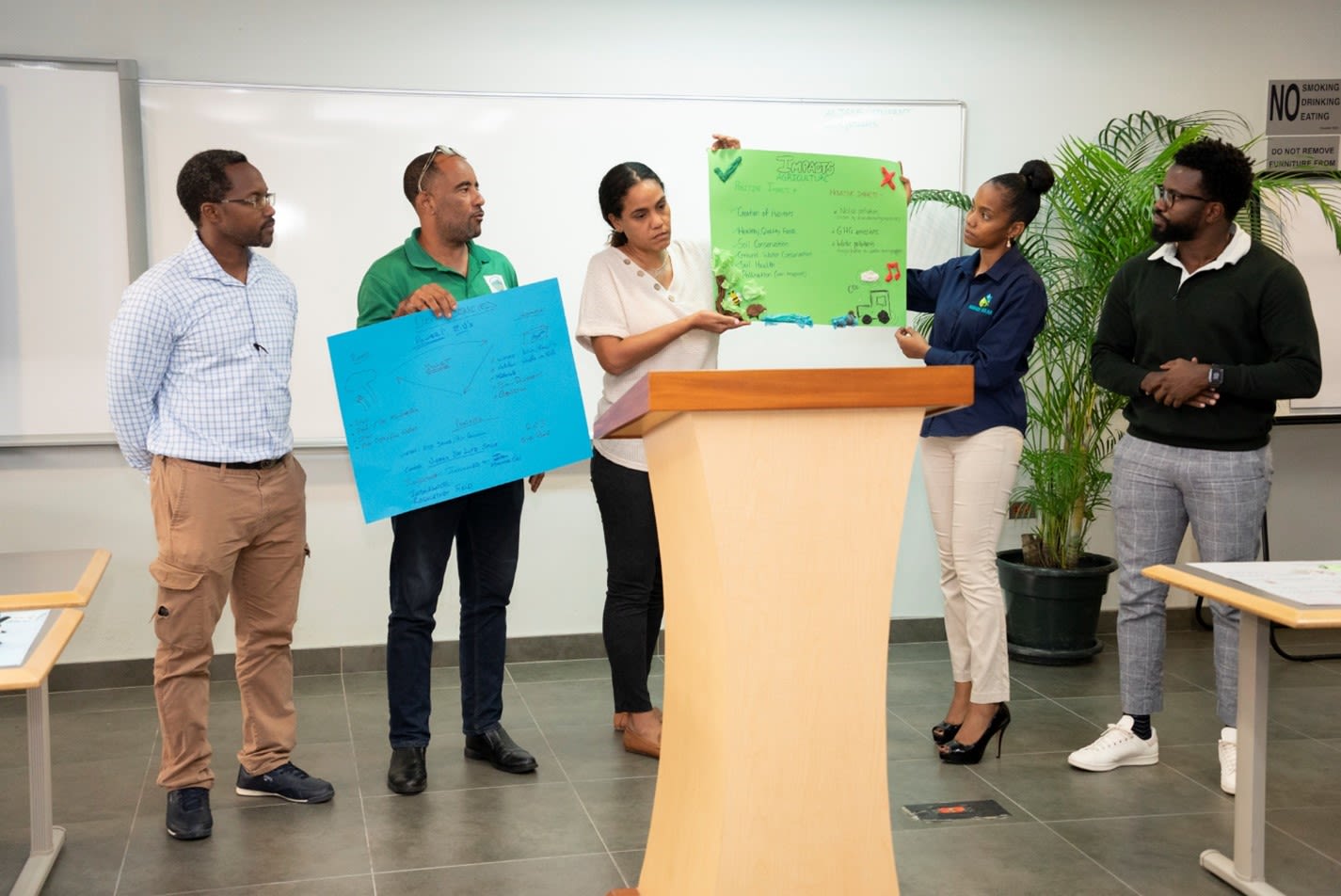
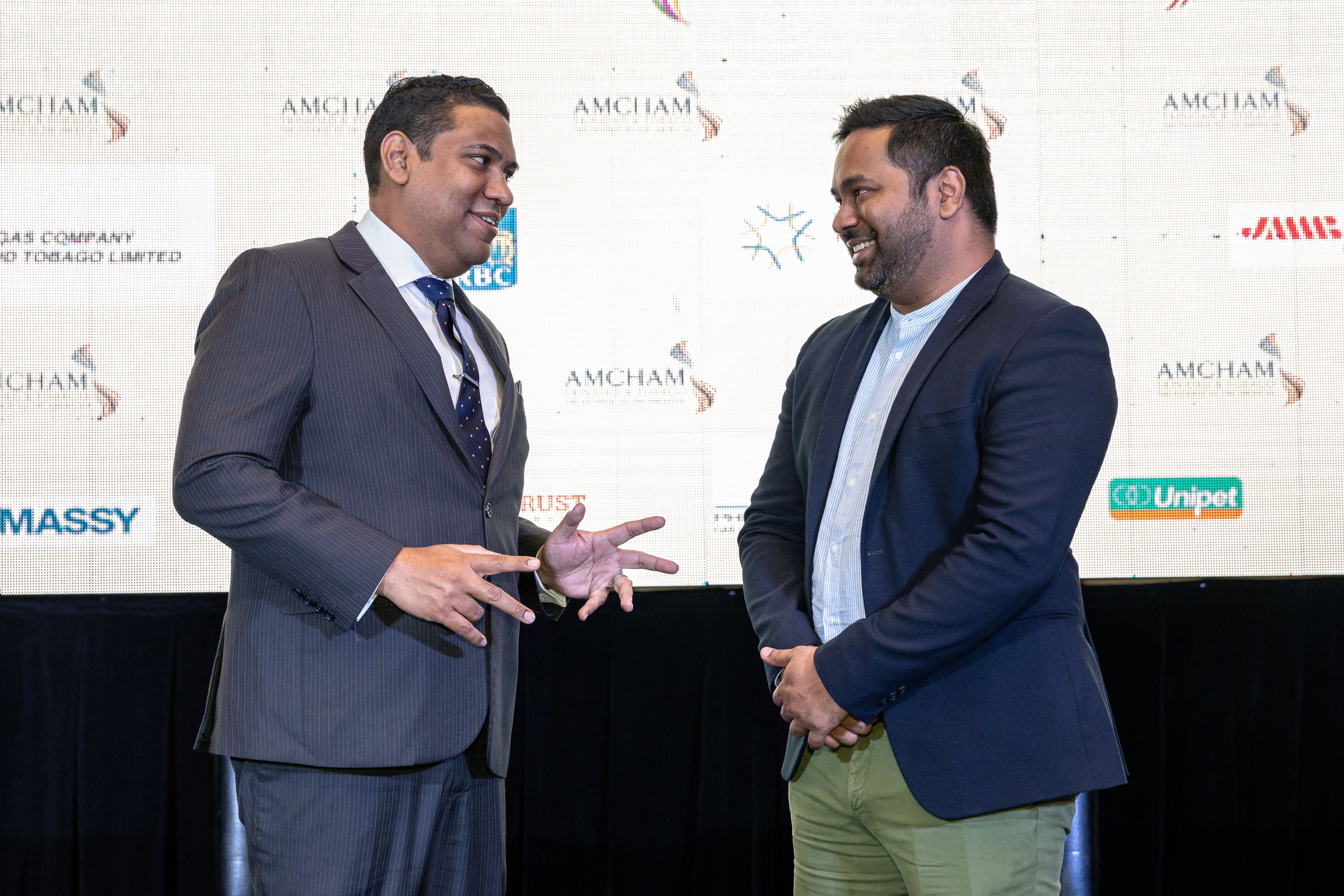
Reflection
Keisha Garcia, ESG Natural Capital Lead, ANSA Merchant Bank: ANSA Merchant Bank and ANSA Bank are very pleased about our ongoing partnership with The Cropper Foundation in the implementation of the Caribbean Natural Capital Hub. The Foundation’s very strong technical expertise and extensive networks have been instrumental in ensuring the programme’s success to date. We look forward to growing this collaboration as we work towards our shared vision of a Nature-positive future for the Region.
Eco-Systems and Agriculture
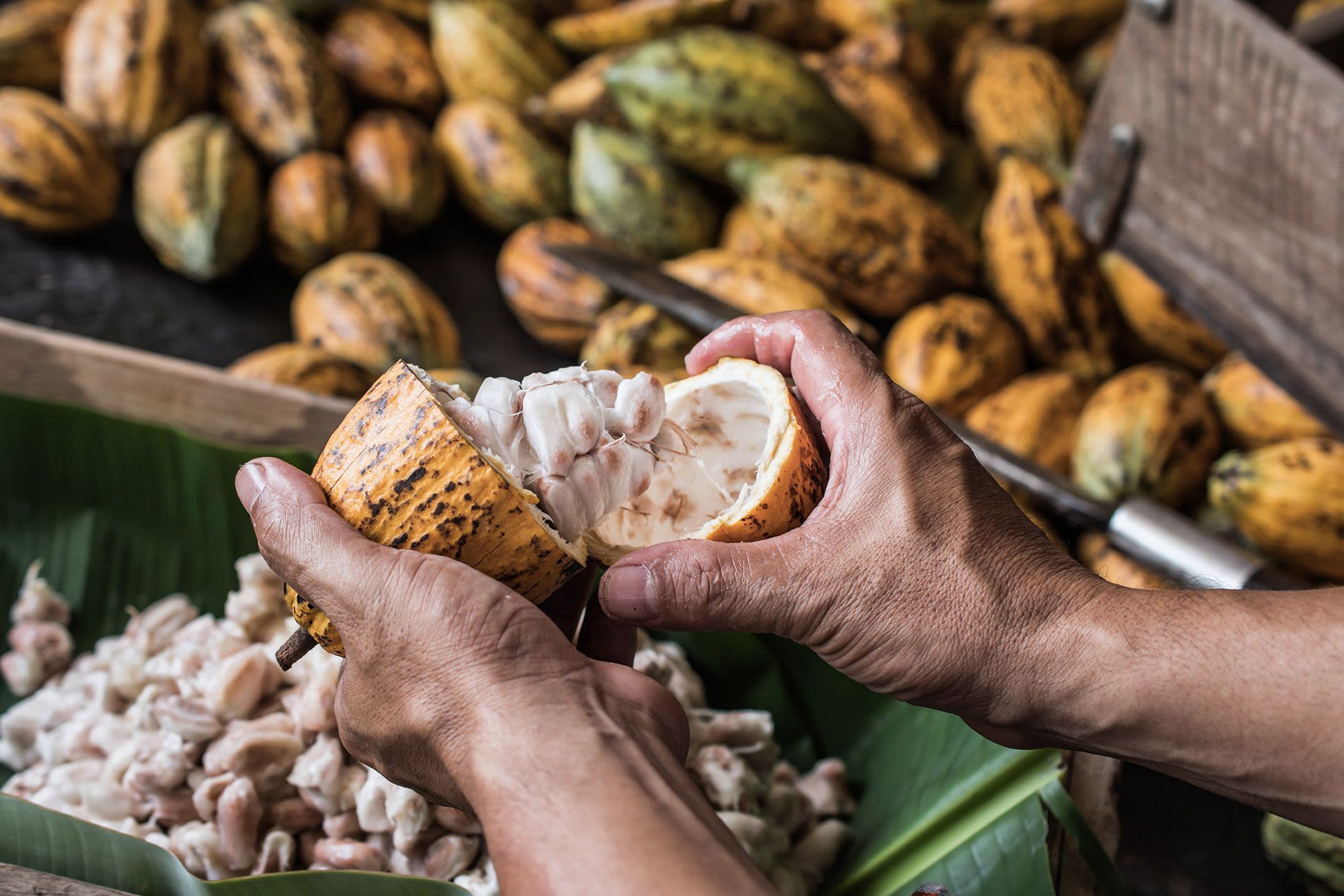
CHOCOLATE ISLAND: COCOA, CARBON AND COMMUNITY
The Cocoa, Carbon and Community project seeks to catalyze growth of Trinidad and Tobago’s cocoa sector via the piloting of an impact investment model to generate financial, environmental, and social returns for the impact investor and the cocoa growing community. The first of its kind in the region, this IDB-Lab funded project will, over its 2023-2025 duration, present significant opportunities for scale through the development and piloting of the solution to access this unique form of patient, triple bottom line investment capital (impact investing) within the cocoa sector.
Activities to date:
- Initial data collection and surveying undertaken with cocoa estates across the country
- Early investment portfolios developed and being marketed to various investors and financing institutions in T&T and external.
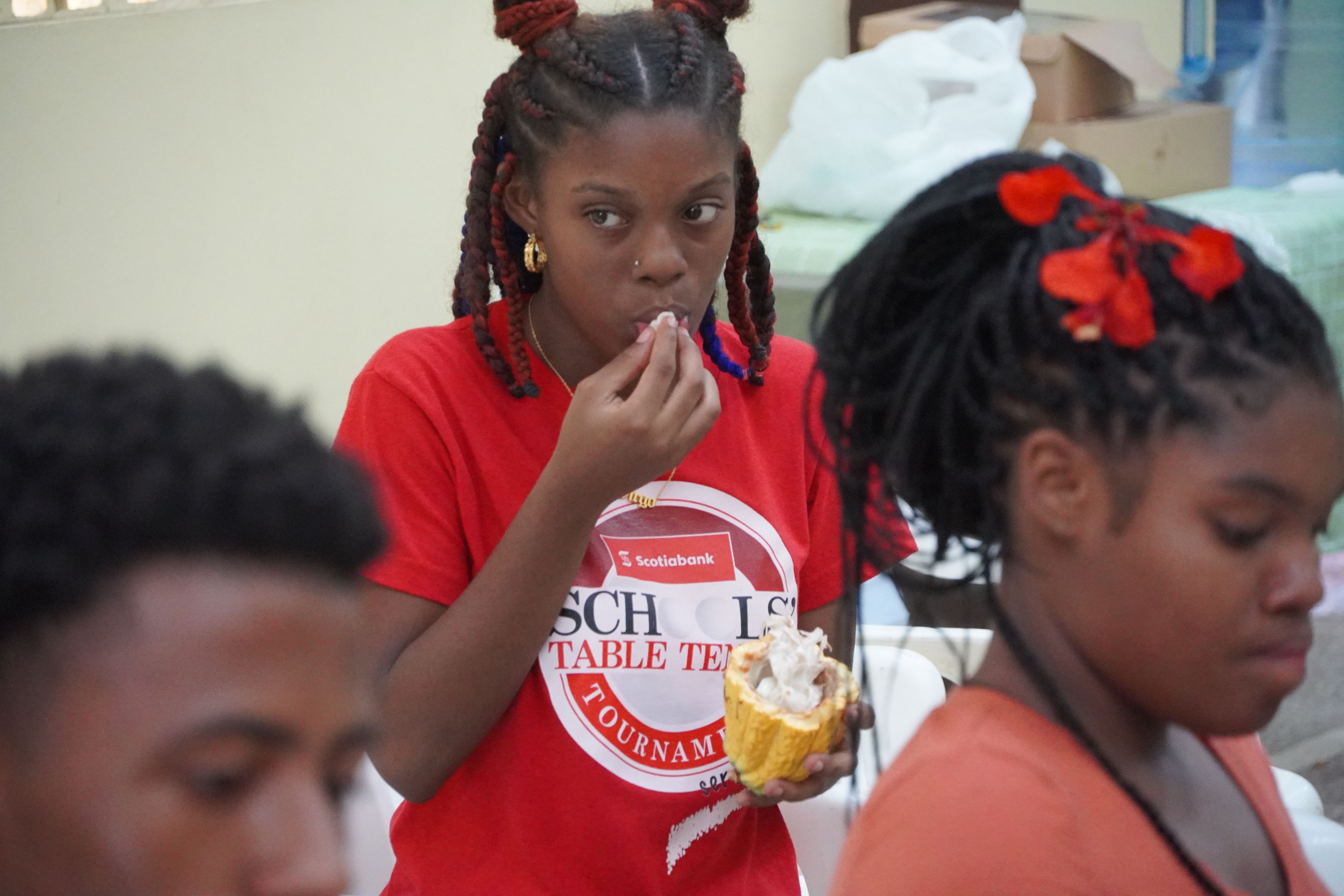
BIOREACH: Public-Private Partnerships for agroecologically produced products
Still in its early stages, this project supports the overarching goals of the Food & Agriculture Organisation's (FAO) BIOREACH initiative.
Launched in 2022, the BIOREACH project aims to address the primary challenge of preserving local biodiversity in productive landscapes, which faces threats from human encroachment, forest fires, and unsustainable practices.
TCF’s contribution focuses on the establishment of a minimum of three public-private sector partnerships to increase the consumption of agroecologically produced products (i.e. goods produced using safer and more sustainable practices), while emphasising the importance of private sector collaborations in achieving these goals.
To this end, we’re adopting the Communities of Practice (CoP) methodology to create an enabling environment. Drawing on the foundational work of TCF’s Making Agriculture Profitable and Sustainable (MAPS) project (2018-2021), this initiative provides additional benefits to members of the Green Value Chain-Community of Practice (GVC-CoP).
These benefits include:
- enhancing market access
- addressing data gaps through localized research
- improving record-keeping and traceability practices
- offering potential avenues for impact investment
- establishing Environmental, Social, and Governance (ESG) frameworks in the agriculture sector.
With the completion of the project scoping exercise, the immediate next steps involve a series of workshops leading to the creation of the GVC-CoP.
TCF is due to complete and deliver this component of the BIOREACH project in December 2024.
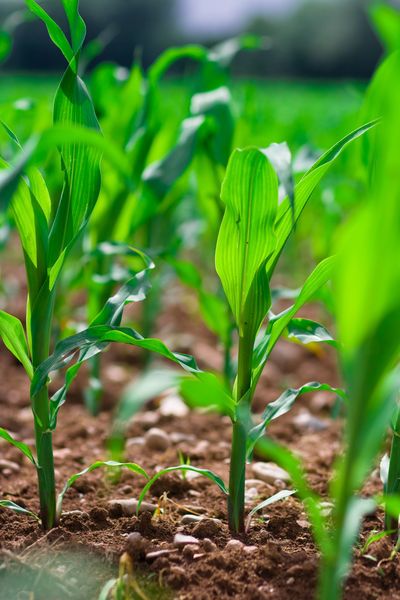
Reflection by Brandon Murphy
One of the most significant aspects of this journey has been the opportunity to witness firsthand the power of collaboration. Bringing together diverse stakeholders from the public and private sectors has been instrumental in driving innovation and creating lasting impact. Through open dialogue, shared goals, and a commitment to sustainability, we were able to forge partnerships that not only benefit the Foundation and its stakeholders, but also contribute positively to the environment and society as a whole.
Brandon Murphy is a Programme Officer at The Cropper Foundation
IDB – Blockchain and Biodiversity
In January 2023, it was announced that TCF's proposal to use digital tokens to incentivise agricultural sustainability and improve access to credit and capital for smallholder farmers in T&T landed among the four selected by IDB for financial support as part of their Digital Tokens for Biodiversity Challenge. According to the IDB, the Challenge received 86 proposals from 21 countries in the Latin America-Caribbean region.
The innovative Blockchain and Biodiversity project got going in September and is set to pilot a blockchain-based farm credit model to encourage farmers’ adoption of pro-biodiversity agricultural practices in this country.
A Steering Committee with representatives from IICA, NAMDEVCO, ANSA Merchant Bank, Fintech company PINAKA Consulting and Agriculture Sector has since been put in place.
Proposed Results:
- A framework of relevant biodiversity indicators that can be adapted and adopted to monitor and incentivize practices influencing positive changes in biodiversity at the farm level.
- A secure solution that will facilitate the capture and verification of changes in biodiversity indicators at the farm level that can be exchanged for financial incentives.
- Piloting a lending product that will provide financial incentives, specifically adjustments in interest rates, which are triggered by positive changes in biodiversity on borrowers’ farms.
- Knowledge products supporting scaling of this innovative pilot, to positively impact farm level biodiversity in the region, that can be shared with key stakeholders.




“The motivating idea for this Foundation – to ‘give something back’ – this still provides a touchstone for us and for those others who make the choice to stay. If we are tenacious and lucky, we might fill a part of the breach in this fractured but fertile place."
– Angela Cropper

Community and Civil Society Resilience
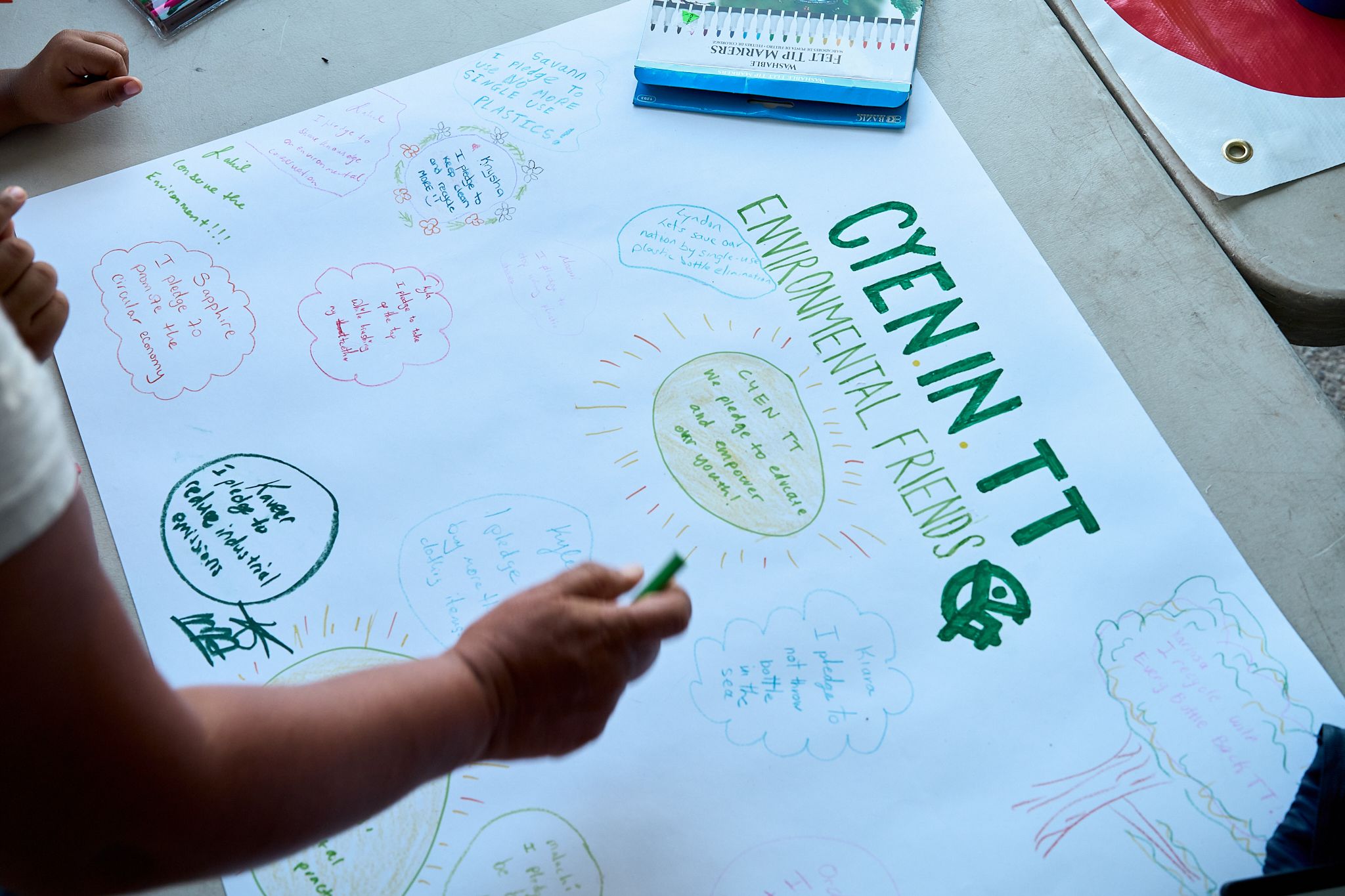
CSO Go
CSO Go officially turned two on December 10, 2023! Since its 2021 launch, it continues to evolve from its original purpose to connect civil society actors with credible service providers in key back-end management fields to becoming a digital hub for CSO capacity-building and engagement in Trinidad and Tobago.
Our Community
Registered members enjoy the benefits of getting direct updates on CSO initiatives and events as well as sharing their work with the CSO Go audience. The Hub’s blog continues to grow and features our original article series, “CSO Spotlight” which shines a light on the outstanding work of local CSOs in their communities.
Key 2023 activities:
World NGO Day (February 27) commemorated for the second consecutive year with a virtual fair focused on good governance and digitalisation for CSOs. The only one of its kind in the region, the 2023 edition saw 270+ registrants representing 160+ CSOs (including regional and international organisations) participate over two days of workshops, presentations, discussions, and the popular NGO showcase.
Partnership with the Conciliation Advisory and Advocacy Division (CAAD) of the Ministry of Labour in T&T to host our first in-person event! Fifteen member-organisations benefited from workshop presentations on Sexual Harassment in the Workplace, Rights and Responsibilities, Natural Justice, and Progressive Discipline.
Launch of live pilot e-learning course in preparation for the Hub’s ground-breaking e-Learning platform, which will host both live and self-guided training material, tailor-made for non-profits. The pilot course “Grant and Proposal Writing for NGOs” was designed specifically for CSOs by business development specialist, Marlon Indar Persad (UWI).
As part of the Hub's ongoing support programme for CSOs from the LGBTI community, courtesy the Arcus Foundation, the course was offered to six groups.
To learn more or to become a hub member, visit www.cso-go.tt

Reflection from Surayya Hosein
2023 was a year of deepening our connection with members of our civil society community. Our courses and events have created valuable networking opportunities and have allowed us to observe their growth and commitment to levelling up.
Looking to 2024
I look forward to greater cohesion and collaboration among CSO Go members as well as to the expansion of the platform as it becomes more dynamic in capacity and offerings!
Surayya Hosein is a Project Officer at The Cropper Foundation.
Better Law for All
From inception, TCF has advocated for meaningful civil society engagement, with the last six years particularly dedicated to strengthening, empowerment and research on T&Ts civil society sector. Over the past two years, however, we have been helping mitigate the unintended consequences of the fast-tracked development and passing of The Non-Profit Organisations Act (2019), which resulted in T&T being grey-listed.
The NPO Act has been designated the primary disenabling element of the national legislative structure relevant to civil society’s effectiveness, efficiency and impact. This is epitomised by the fact that, as at mid-2022, over 60% of registered CSOs in T&T still had not undertaken registration under the Act. Our own research shows that many CSOs believe the NPO Act (2019) has made banking harder for them across a range of services.
TCF has been privileged to contribute to the mighty effort to tackle the infamous FATF Recommendation 8, which, in singling out the non-profit sector for its apparent vulnerability to terrorism financing, has inadvertently exposed it to bank de-risking and, in more dire cases, political persecution.
We continue to work with the Office of the Attorney General and Legal Affairs and the FIU here in Trinidad and Tobago, along with global partners EU AML/CFT Global Facility and the Global NPO Coalition on FATF, to ensure that the existing NPO Act is amended and the overall enabling environment for NPOs is improved.
Courtesy the EU AML/CFT Global Facility and the global NPO Coalition, TCF took part in regional and international meetings hosted in Buenos Aires, Argentina in March and in Bonn, Germany in September, and facilitated a virtual training series for the local CSOs on Recommendation 8.

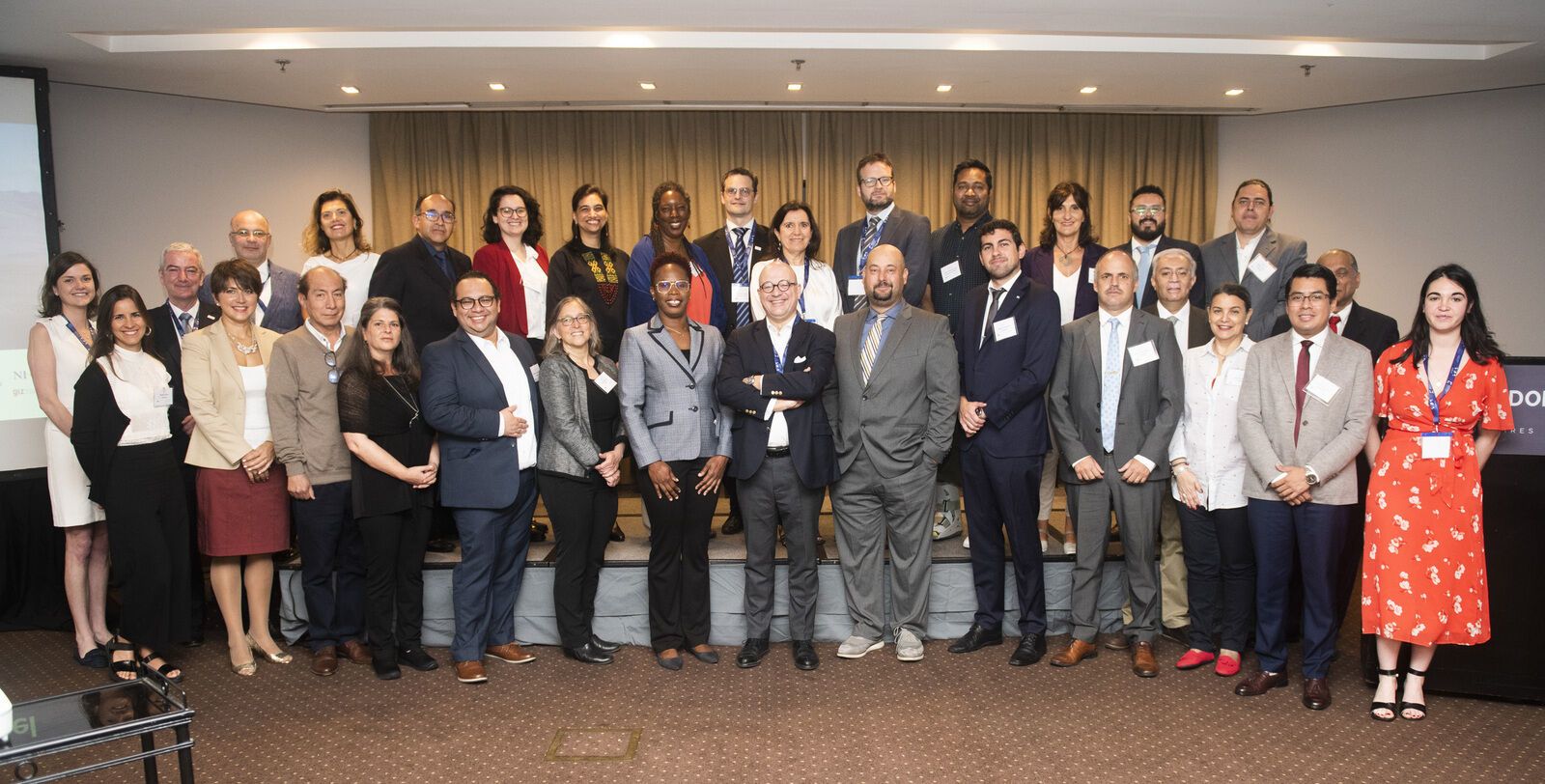
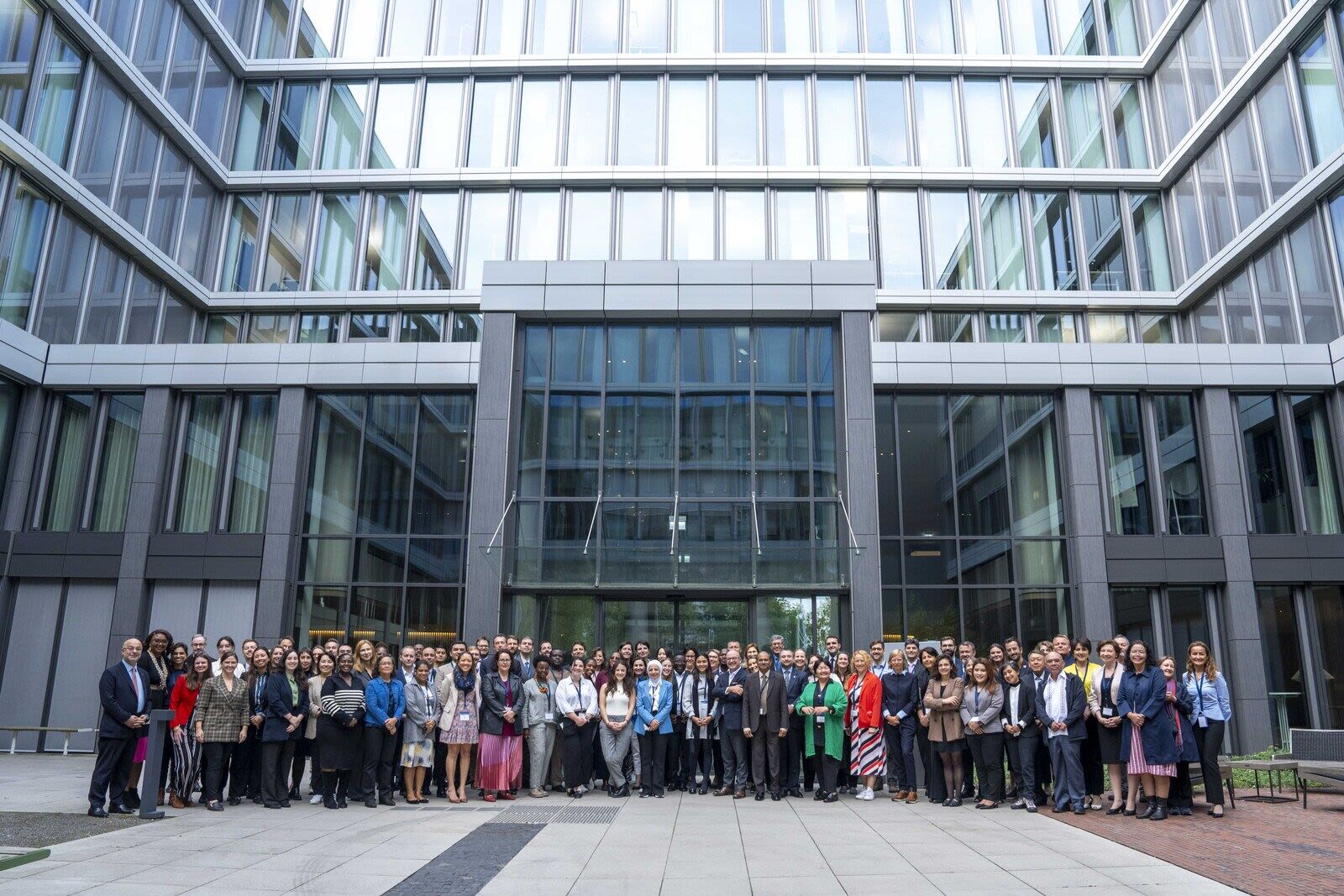
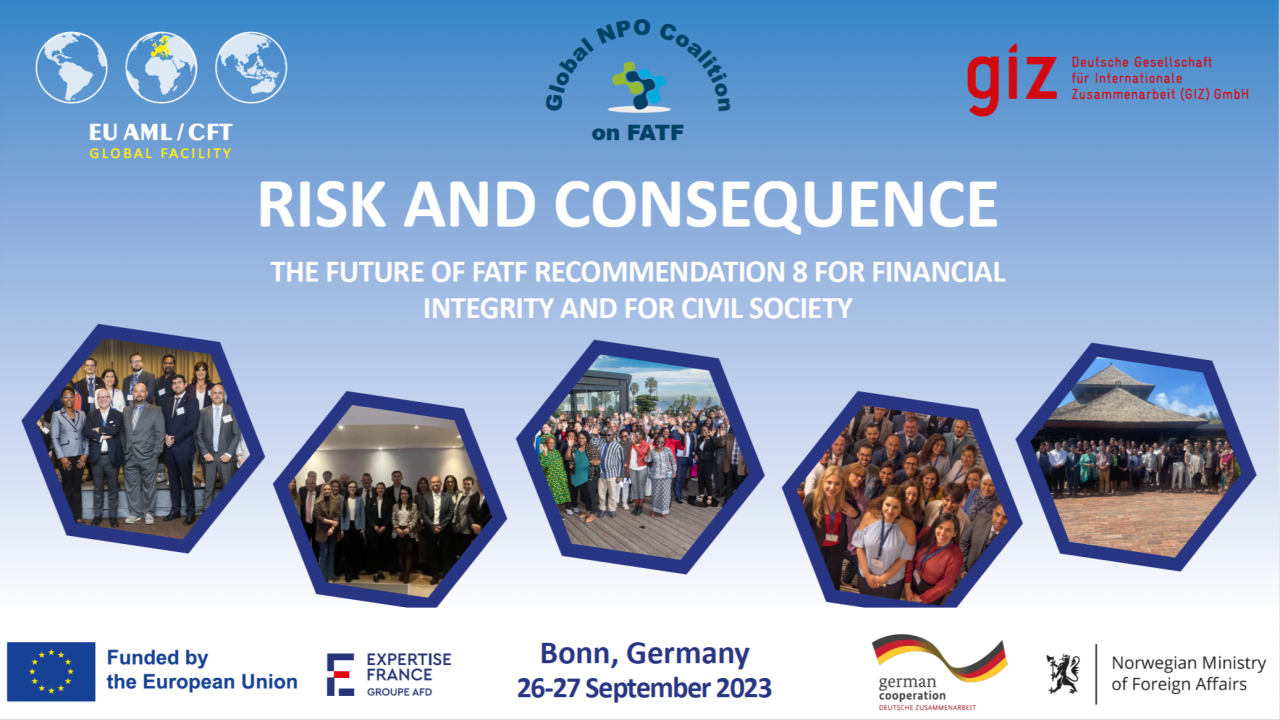
IGNITE CSOs
In November 2023, the European Union Delegation to TT announced the award of one of two CSO grants to The Cropper Foundation and Veni Apwann. The other went to our colleagues at CANARI and Environment Tobago.
Our project IGNITE CSOs (Improving Governance, Networking and Inclusivity Towards Empowered Civil Society Organisations) will focus on enhancing policy and legislative capacities of CSOs in T&T. Starting January 2024, IGNITE CSOs will be executed over a 30-month timeline.
The proposal was one of 26 submitted to the EU's Call for Proposals in March to TT-based CSOs.
Pictured left: Veni Apwann's Sandra Pyke-Anthony and TCF's Omar Mohammed with EU Delegation's Ambassador H.E. Peter Cavendish
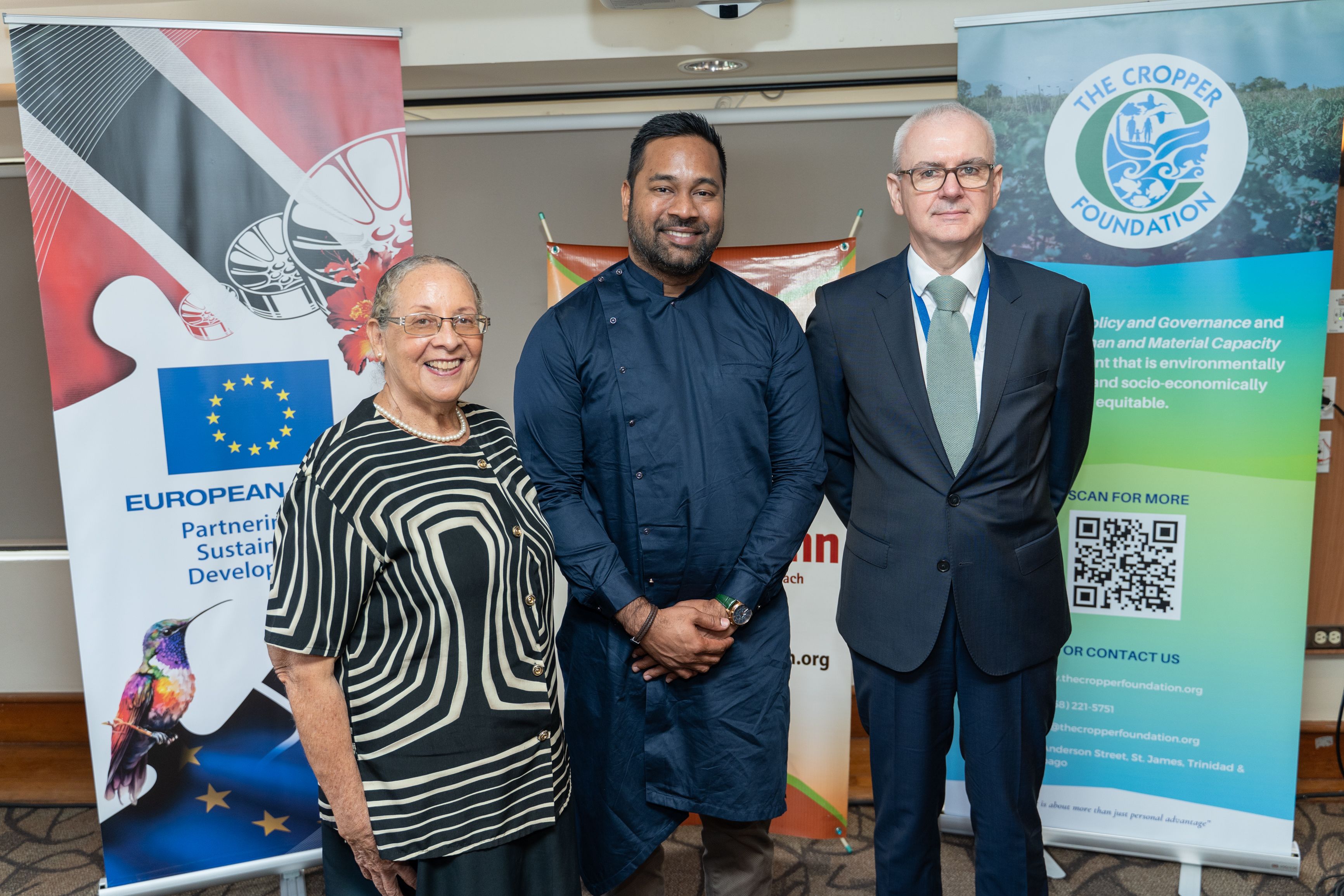
A Focus on Climate and Environmental Justice
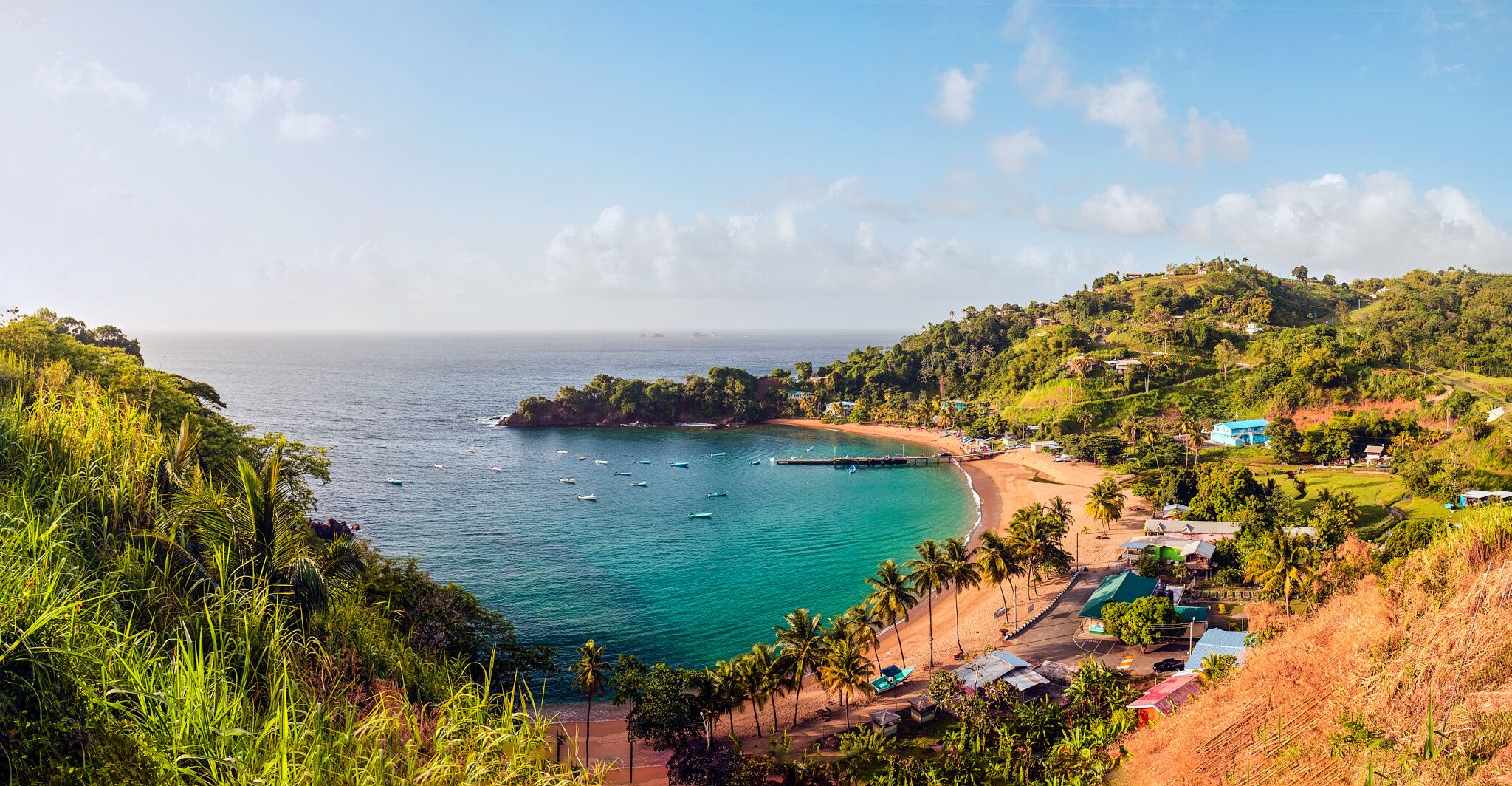
Today Today, Congotay! Micro-Theatre Festival
This was the first in a series of climate justice-focused, arts-based interventions to be led by TCF over 2023-2026, supported by a grant from the Open Society Foundations.
From August through November 2023, TCF partnered with the Micro Theatre Festival of Trinidad and Tobago (MTFTT), the premier short-form theatrical experience, to deliver the region’s first climate justice micro-theatre festival, Today Today, Congotay! This agenda-setting arts initiative platformed much-needed conversations about climate change and how its disproportionate impacts ought to be managed.
The CONGOTAY micro-theatre festival culminated over two weekends in two communities, in partnership with two secondary schools -- October 27 & 29 at Williamsville Secondary and November 17-18 at Brazil Secondary. The micro-theatre plays were inspired by the stories of climate change impacts of residents from often overlooked communities, which included Vessigny, La Brea and Greenvale, Arena in addition to Williamsville and Brazil.
The powerful storytelling format of micro-theatre consists of repeat performances of short, punchy, thought-provoking productions staged simultaneously to intimate audiences at 15-minute intervals over several hours.
The festival engaged:


To deliver:

20 productions (10 different plays per venue) drawing on a range of theatrical perspectives: anthropomorphism, slice of life, expose, magical realism and sci-fi.
Other stakeholder-participants/support included:





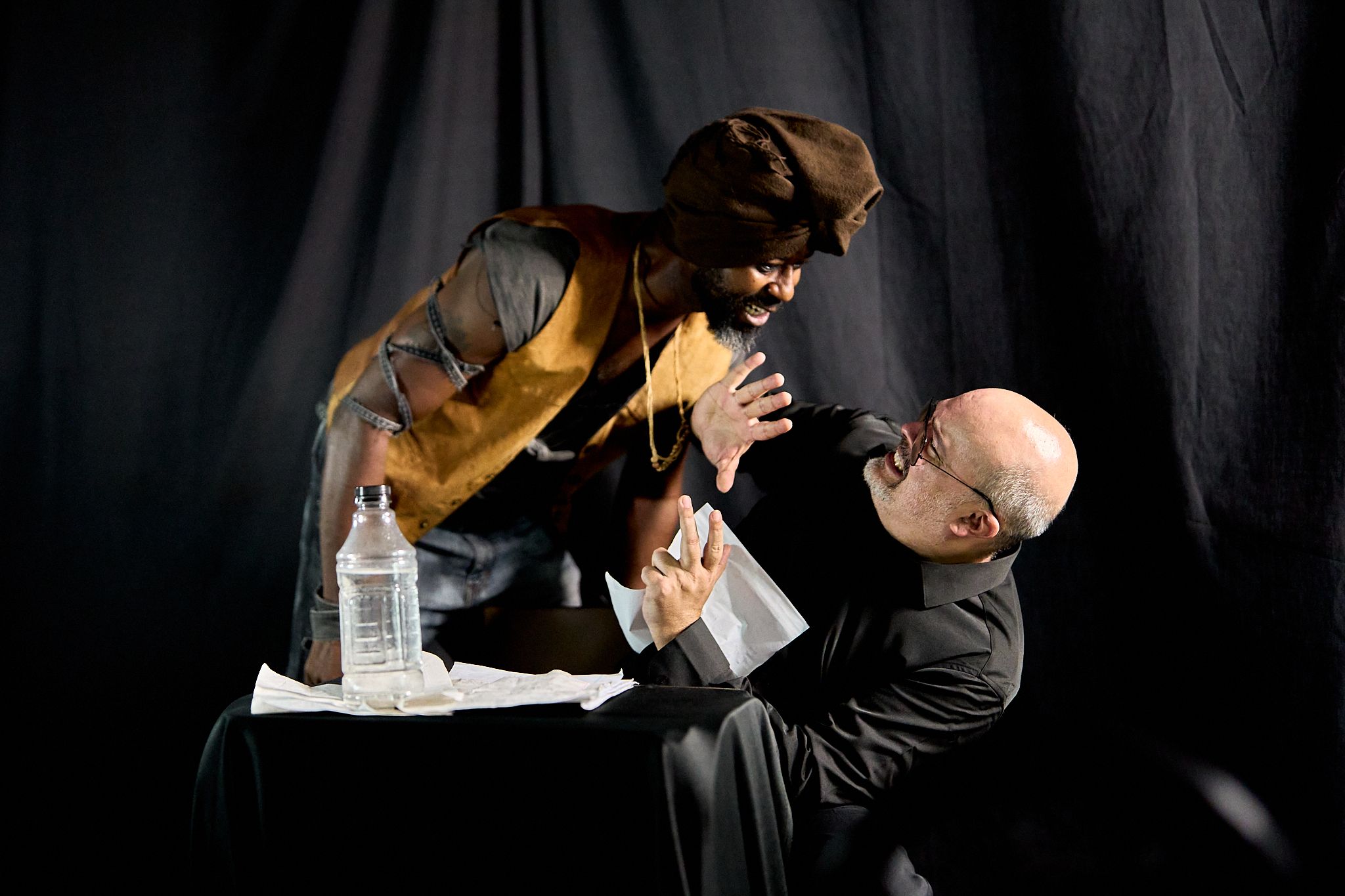
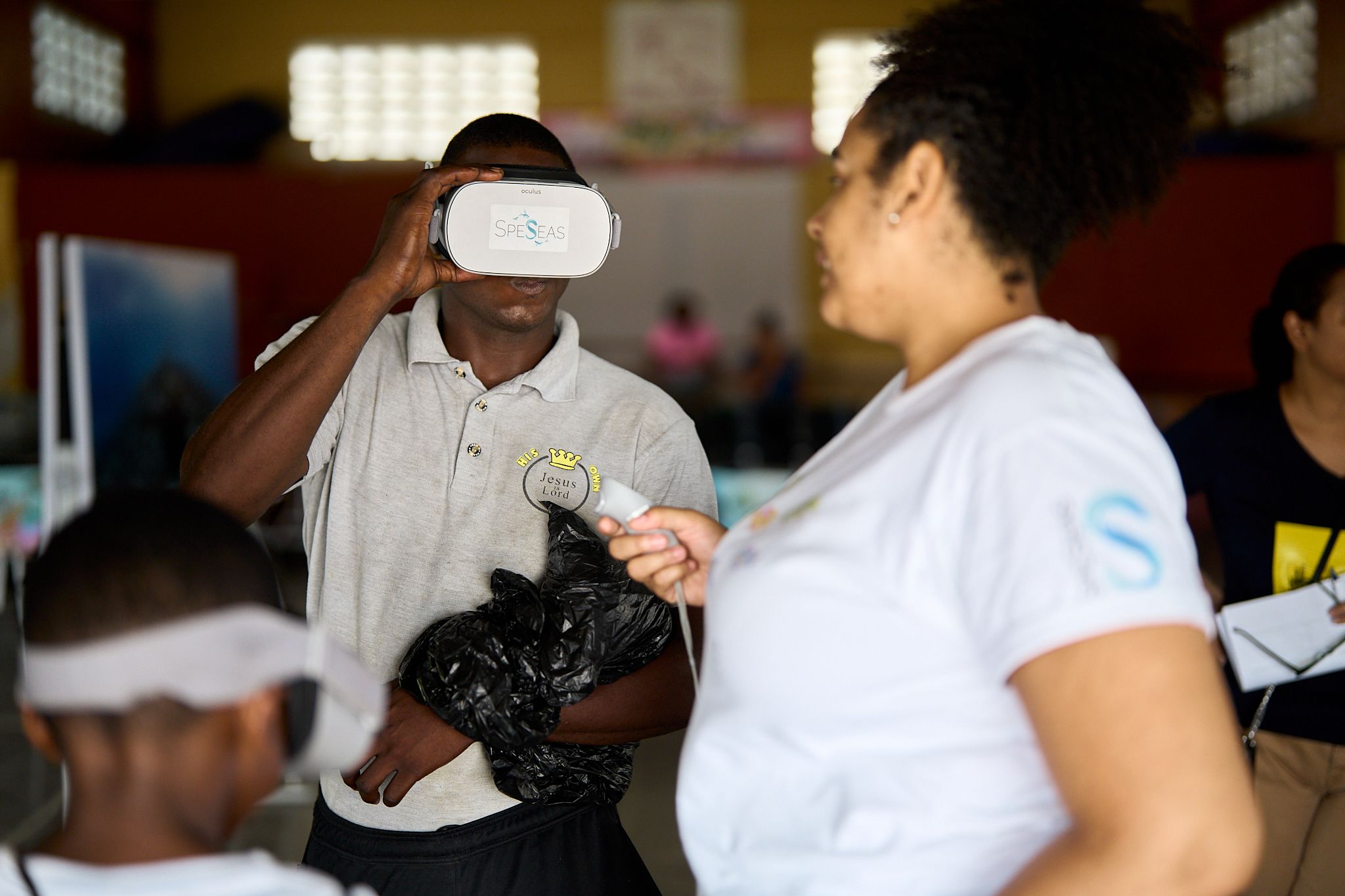
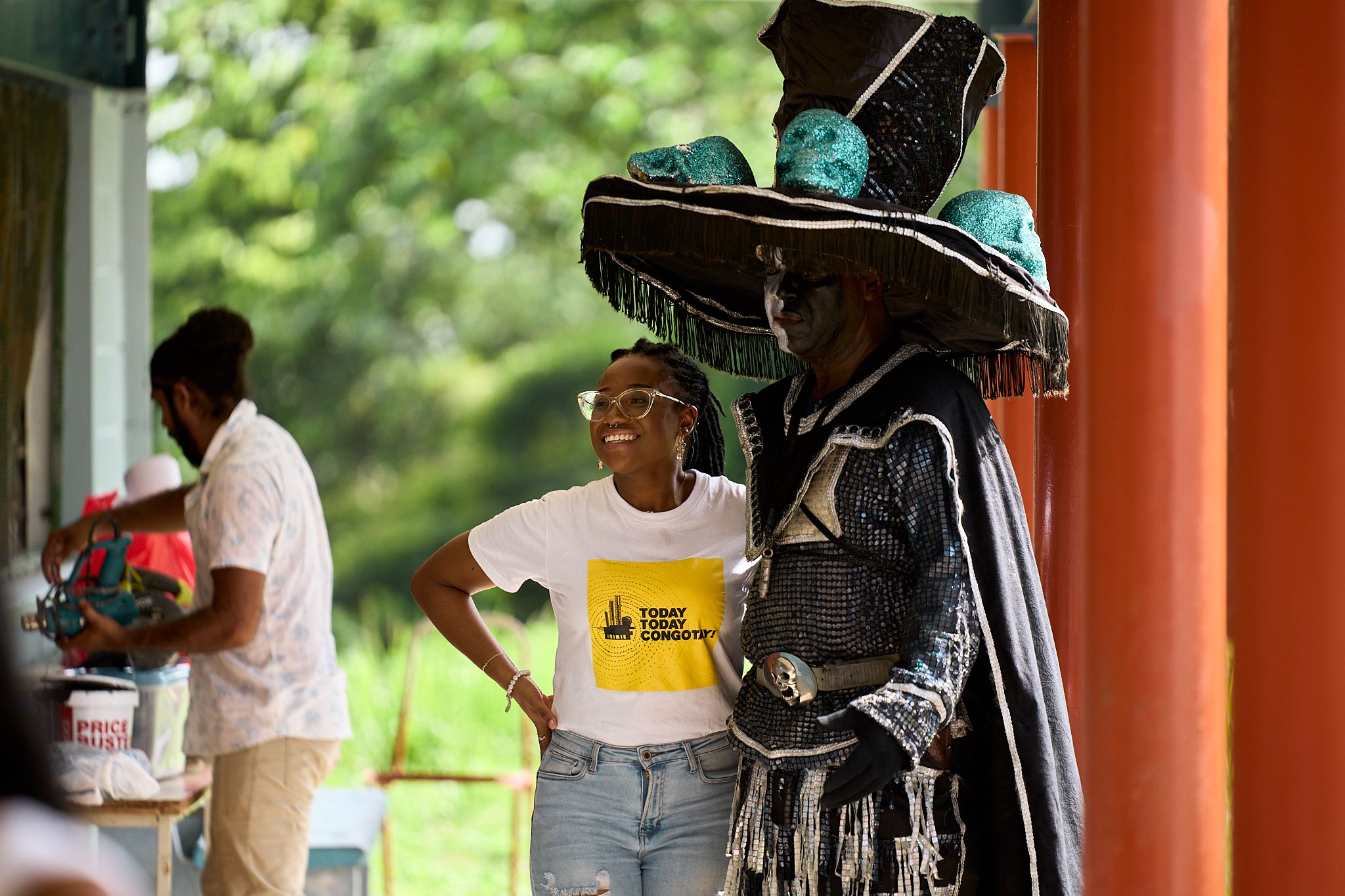

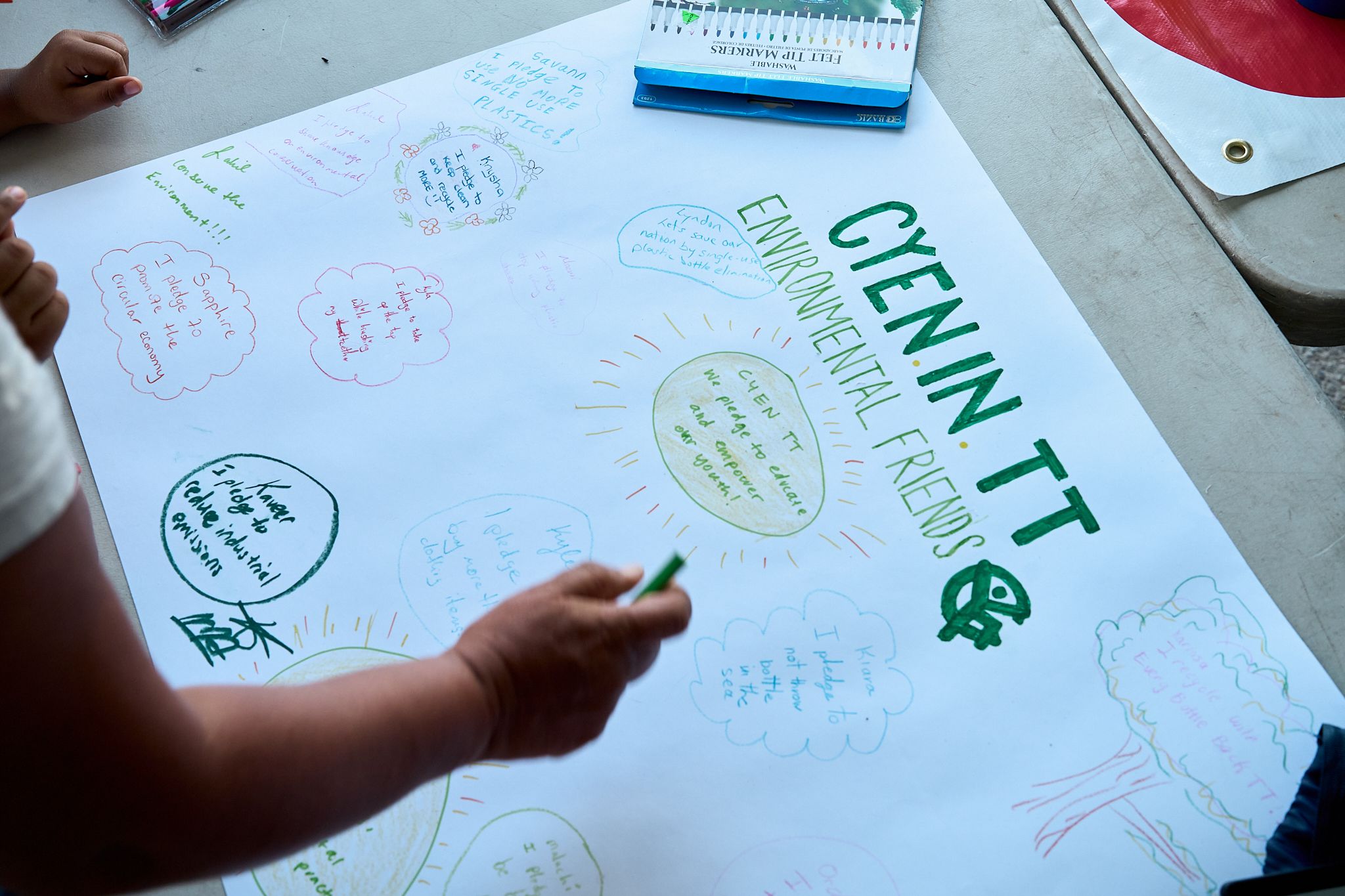

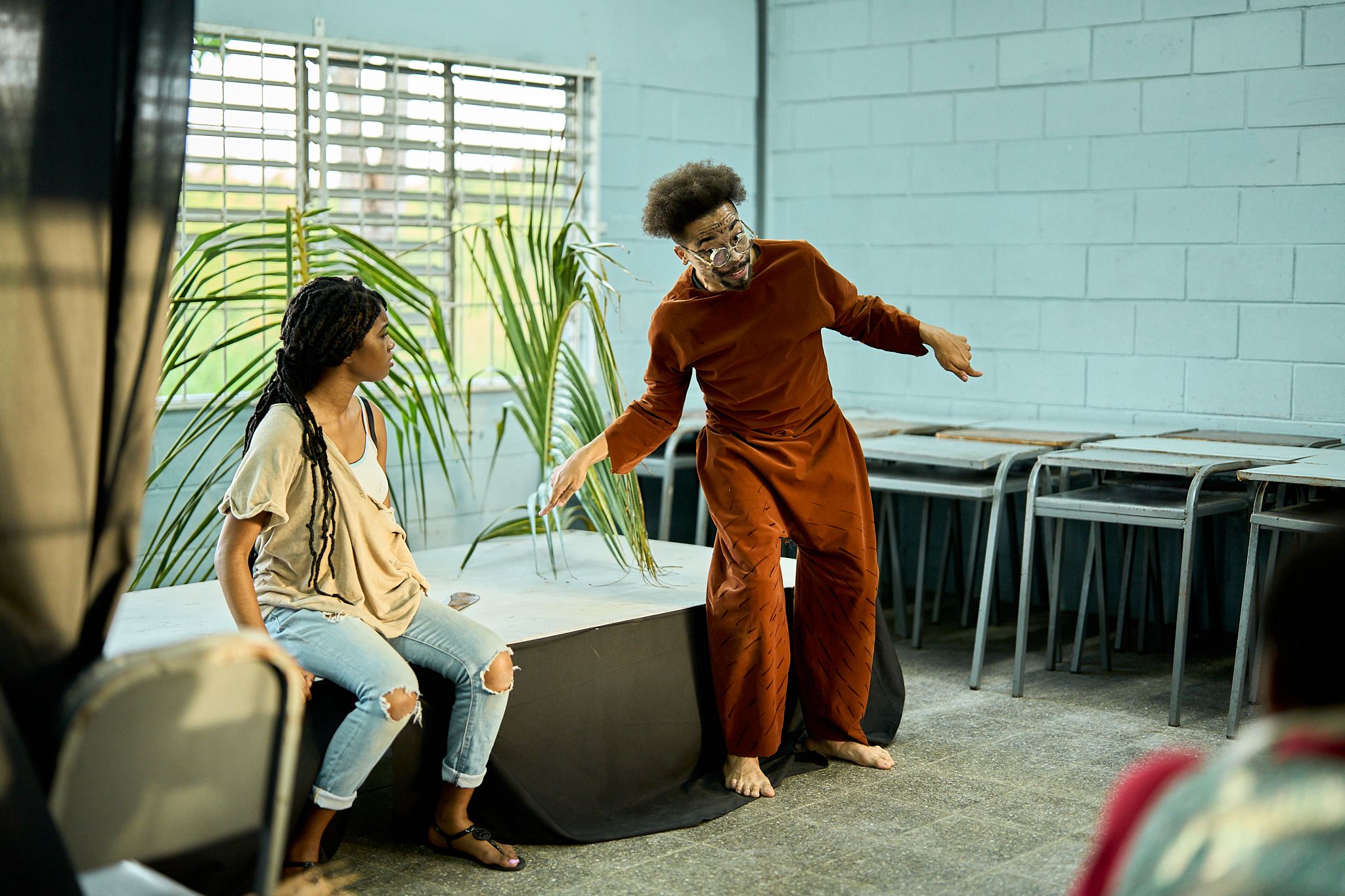

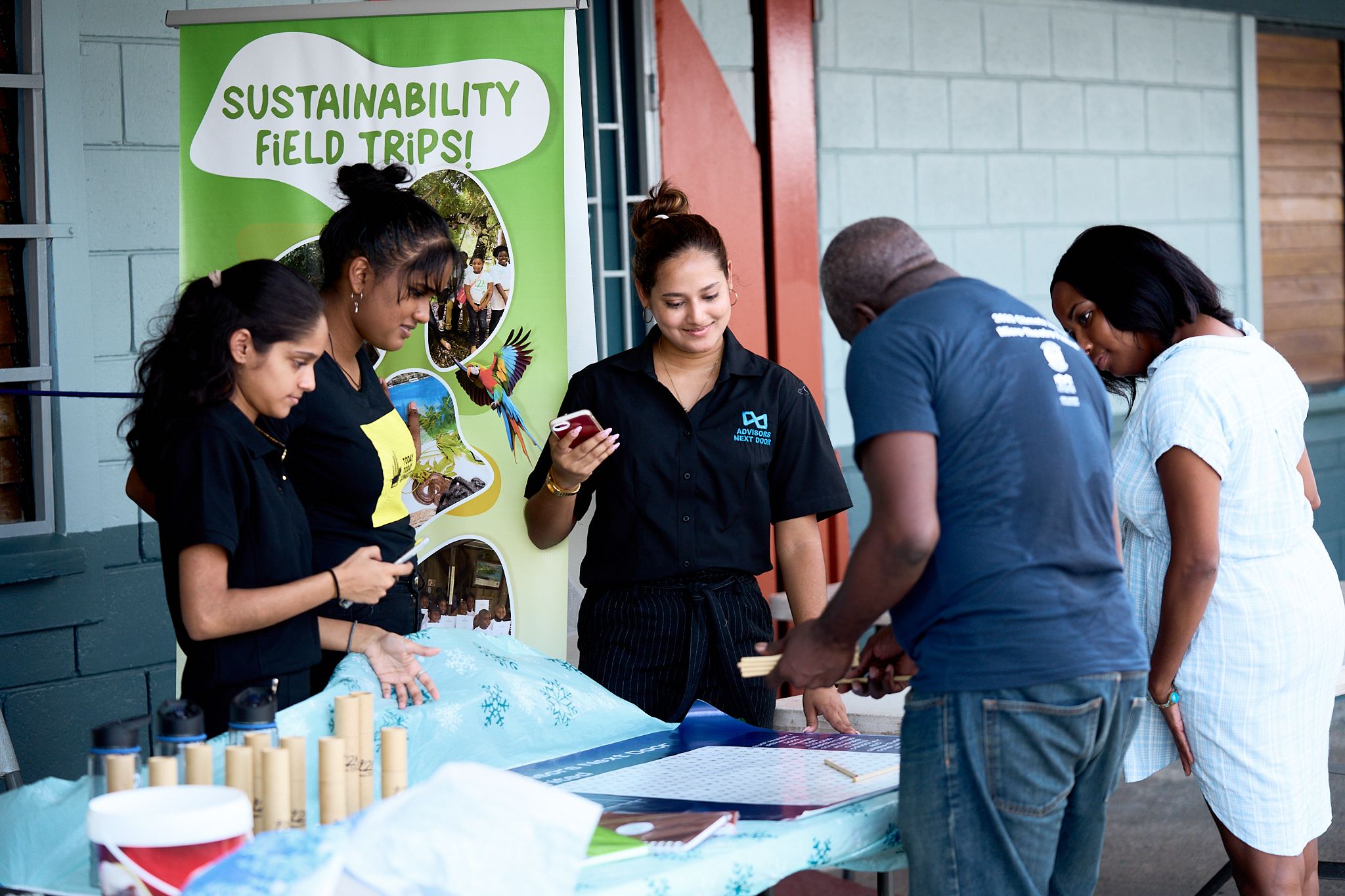
Reflections
"The ability to go into communities and have them share their stories is a powerful thing and I am grateful for being apart of this experience." Shania Mark (Director)
"The students keep talking about the experience and can’t wait for another opportunity to do there show again" Ambika Assiu (director &, Marabella Secondary Drama Teacher)
“The students came on Saturday to see the plays again and some of them were singing the songs. That really showed the impact you guys had." Mr Ali, Brazil Secondary Teacher
“Micro-theatre festival was an opportunity to have these rural community perspectives heard and traumatic experiences validated. This step is important in an environment where many of the community partners feel forgotten. For many students, both outside and inside of the environmental awareness clubs, micro-theatre performances made the environmental information relatable in ways that sparked notable debate as students grappled with the messages. It's clear from the spirited conversations that climate justice education needs youth at its heart. Moreover, the performance of the plays and their dissection becomes a rehearsal for solution-building within wider communities.” Marcus Waldron, Director/Project Lead
Cari-Bois Environmental News Network
2023 saw the relaunch of Cari-Bois, courtesy our partners at ANSA Merchant Bank Ltd, as a Caribbean-wide network of environmental content creators dedicated to:
- Educating audiences about the Caribbean’s vast biodiversity;
- Telling some inconvenient truths about climate impacts of the development paths pursued by countries of the region; and
- Celebrating the wins of sustainable practices and progressive actions.
Founded by TCF in 2020, Cari-Bois was originally conceived as a national reporting initiative in T&T to empower communities, activists and journalists to tell their own stories about the environmental impacts of T&Ts extractive industries and wider unsustainable development.
Three and a half years on, 160+ stories later, with an estimated 30 community-based citizen journalists trained to report on issues affecting their areas, Cari-Bois’s success at highlighting local environmental concerns is rippling out regionally.
Stories
Jan-Dec 2023 > 60 stories published:
Webinars
The Climate Breakdown and the State of The Environment two-pronged webinar series is the newest stream in Cari-Bois educational outreach endeavours. Expounding on environmental and climate phenomena and threats, these webinars target regional journalists, journalism students, state actors and civil society stakeholders on hot-button issues.
In 2023, Cari-Bois produced a total of seven webinar instalments exploring topics across the climate/environmental spectrum, involving the participation of 15 local and regional experts addressing:
- Climate Change science and policy
- Deep-Sea mining
- Plastics
- El Nino in a changing climate
- Coral bleaching
- COP28: Closing the gap on loss and damage and adaptation
- Learning from Natural Disasters in the Americas
**View all recordings of all webinars on-demand on @cariboisnews Youtube channel.
Youth Journalism Pilot Project
Our desire to build a new cadre of community-based Cari-Bois contributors (because we’re all about sustainability!) prompted the piloting of a youth journalism project I Want To Be An Environmental Reporter with the support of Open Society Foundations and ANSA Merchant Bank Ltd. It aimed to:
- Engage teens from local rural spaces on environmental/climate issues within their environs and beyond.
- Inspire them to talk/write about and eventually advocate on these issues.
Eight participants were selected with the help of schools in four target communities: Blanchisseuse, Williamsville, Moruga and Roxborough. The project kicked off in August 2023 with a series of online training sessions covering the fundamentals of journalism, storytelling, and climate change.
Other key activities included:
- Lopinot Heritage Complex field trip & workshop covering the basics of conducting an interview: Facilitated participants first in-person event hosted by the Lopinot Toursim Association.
- Reporting on Caribbean Gen Z Climate Conference: Participants attended and covered the virtual conference co-hosted by Journal of CESaRE and TCF, September 8 – 10.
- Submission of articles: Participants were tasked to produce two 500-word pieces for publication on the Cari-Bois website and across social media.
- Closing event: The project ended officially on October 7 with a gathering at the UWI Department of Creative Arts to reward students’ participation.
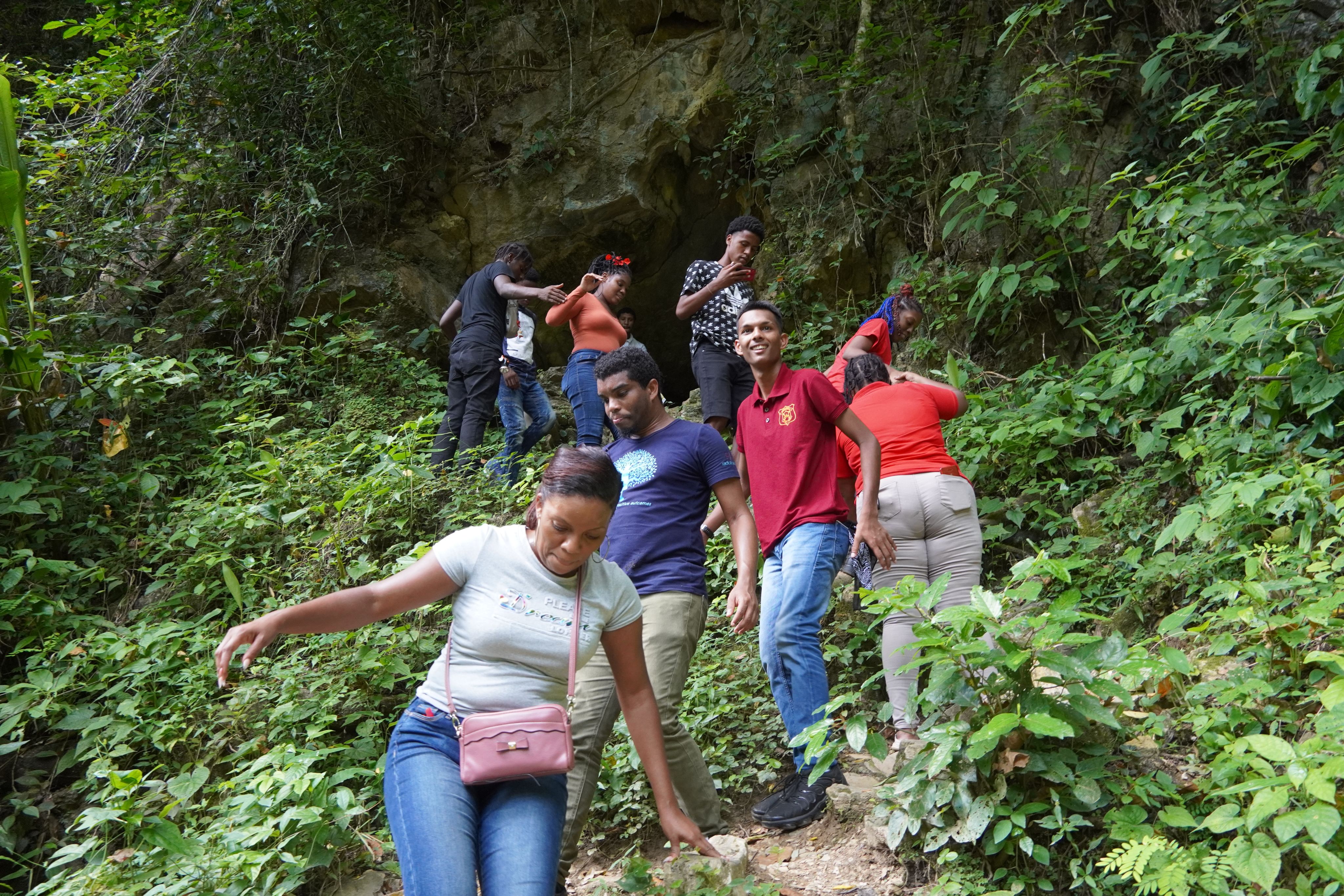

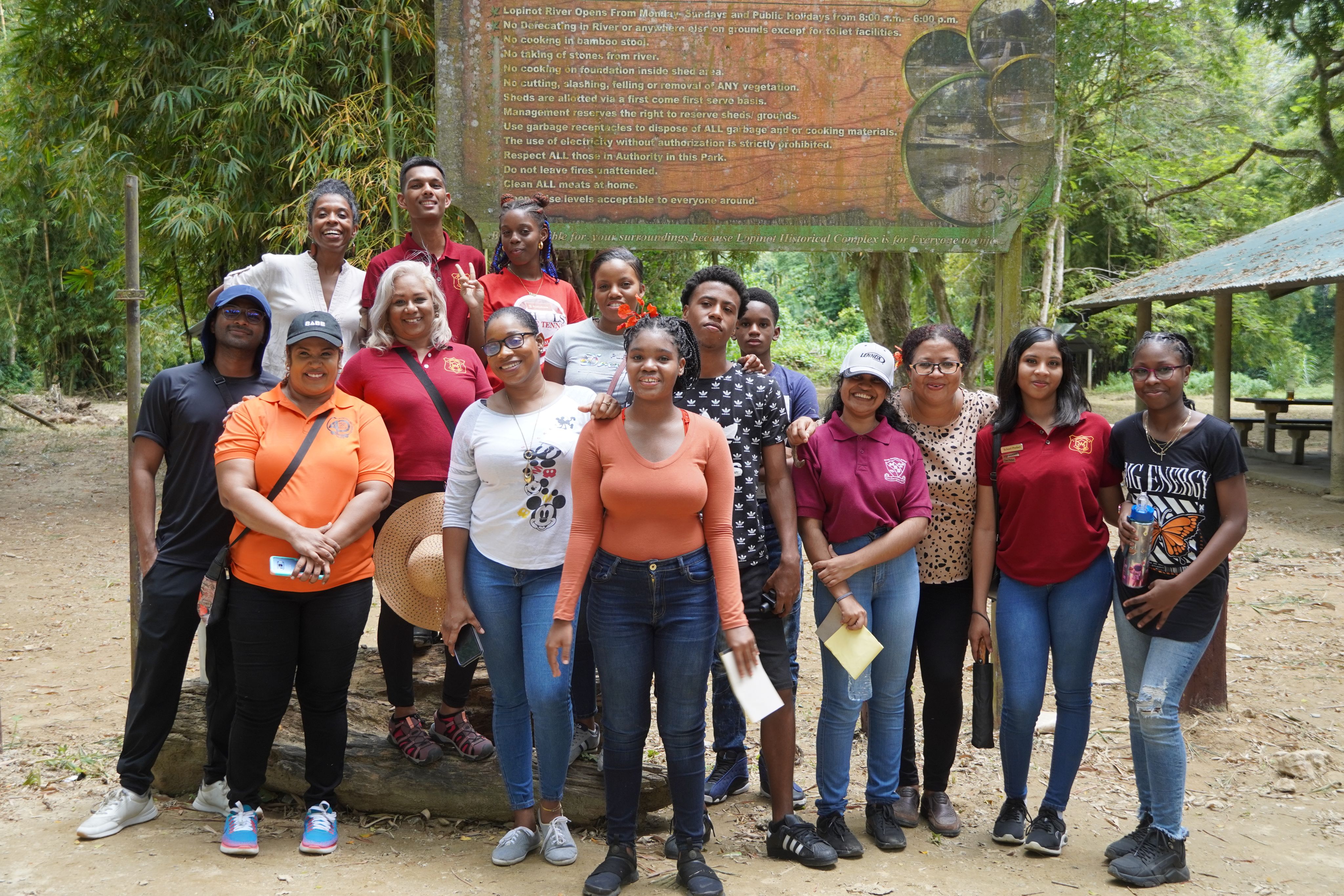
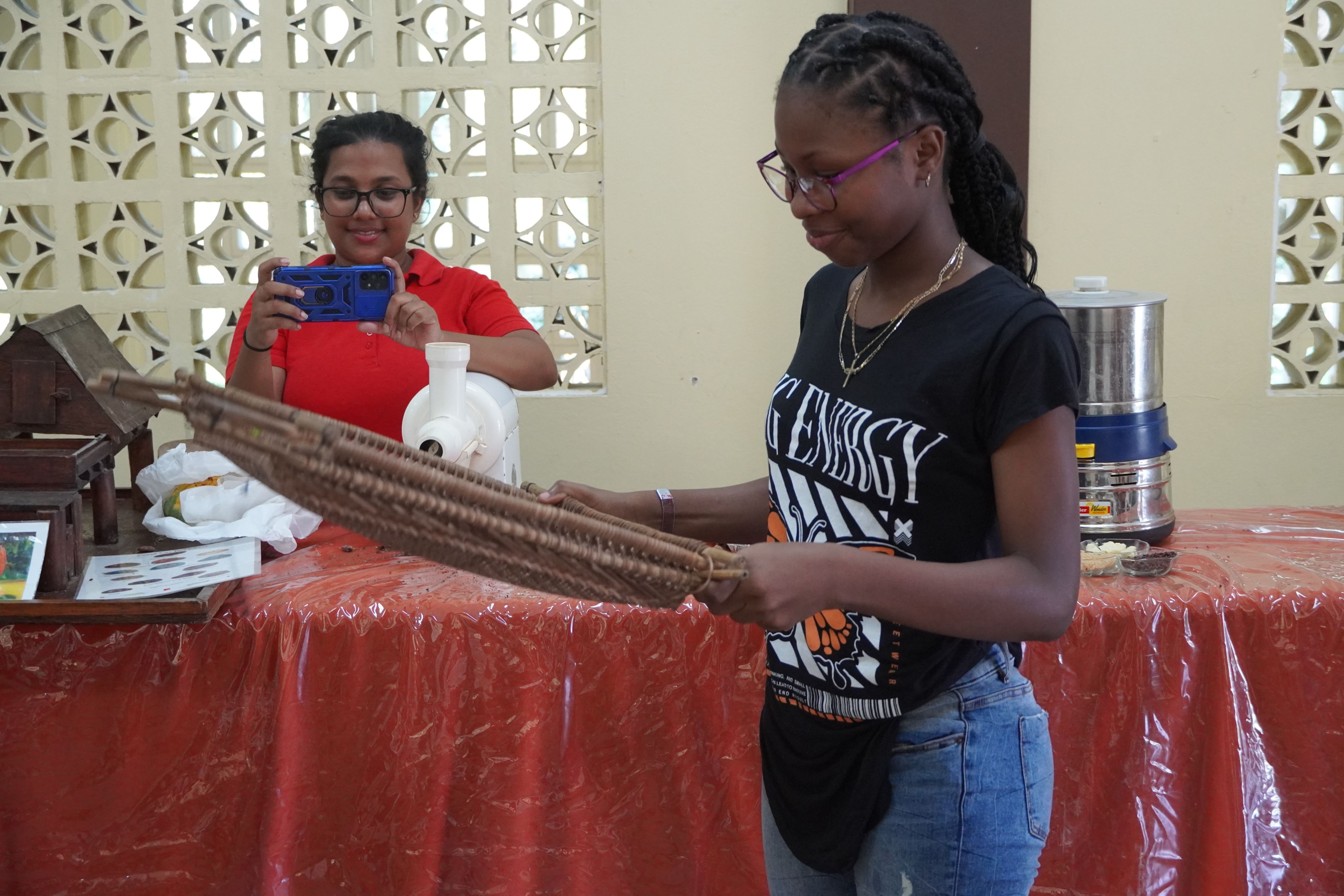
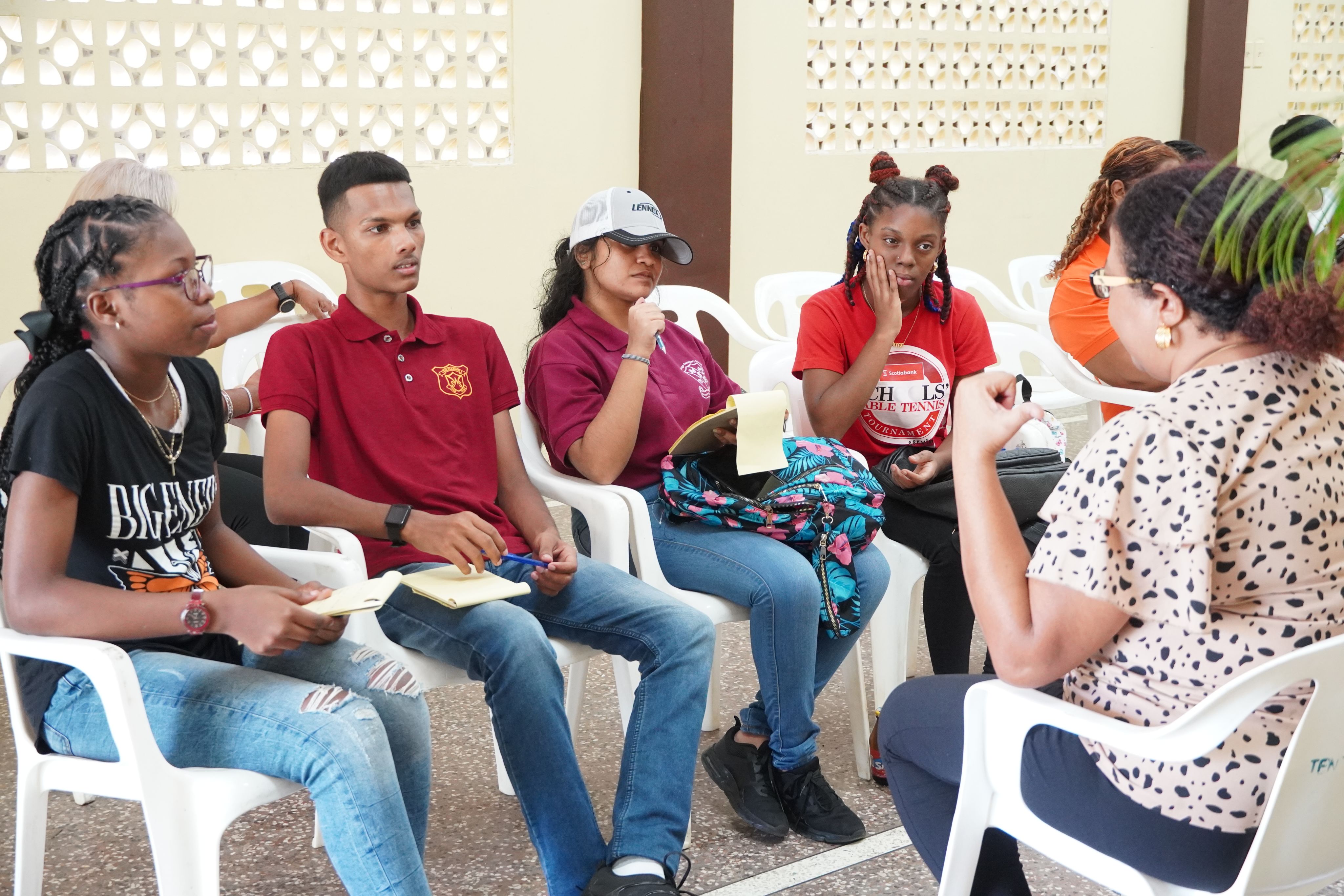
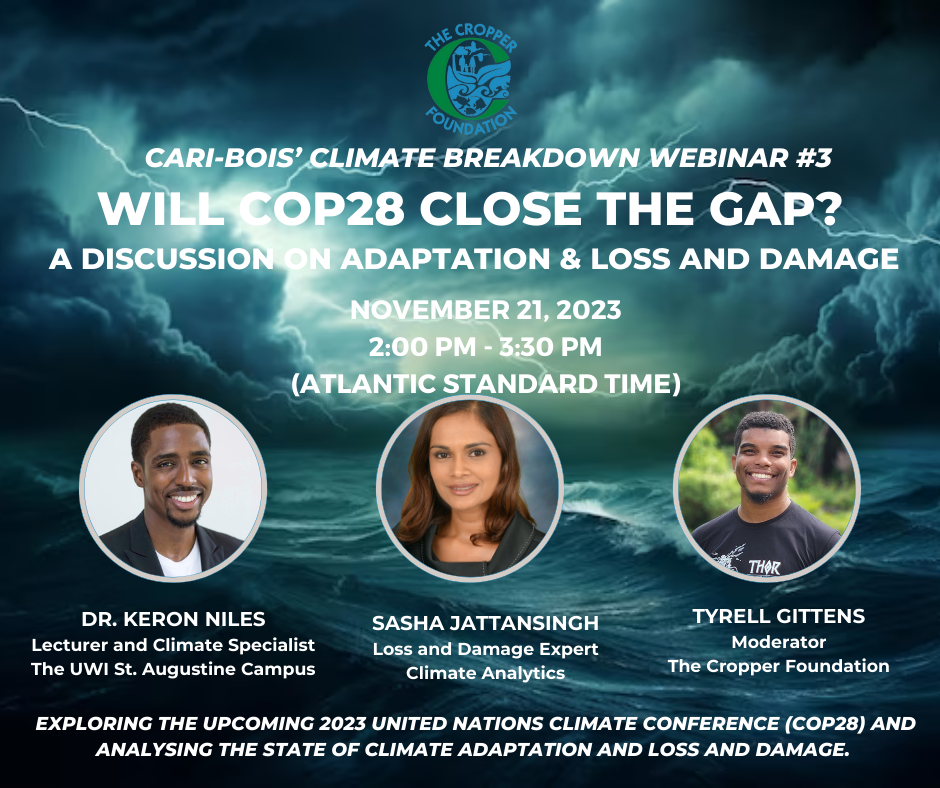
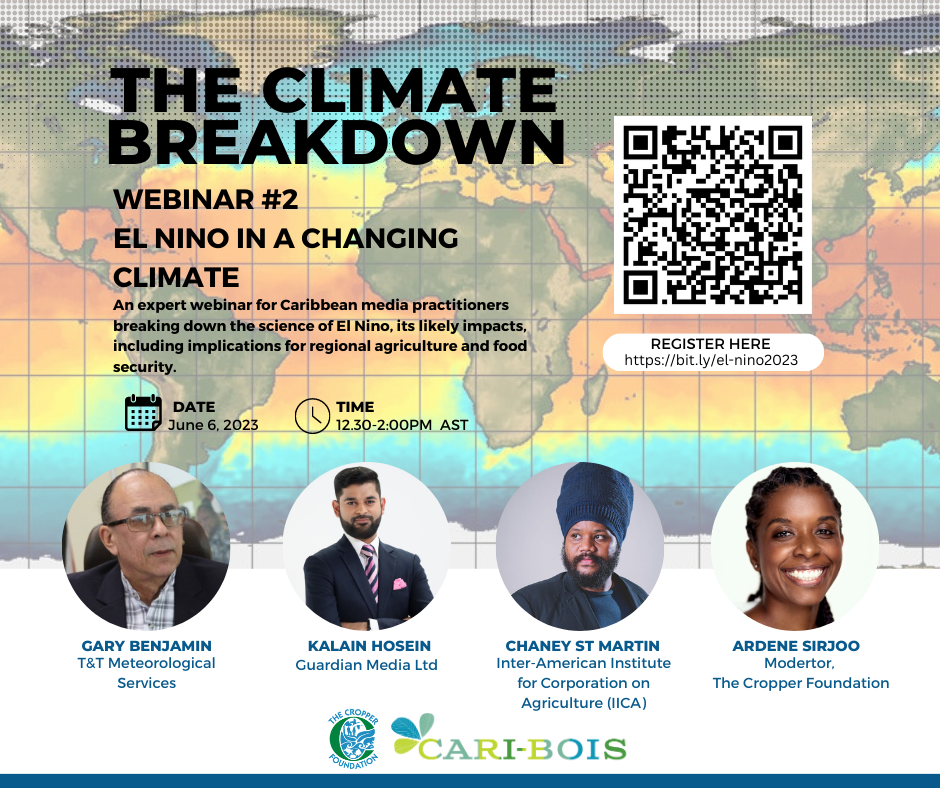
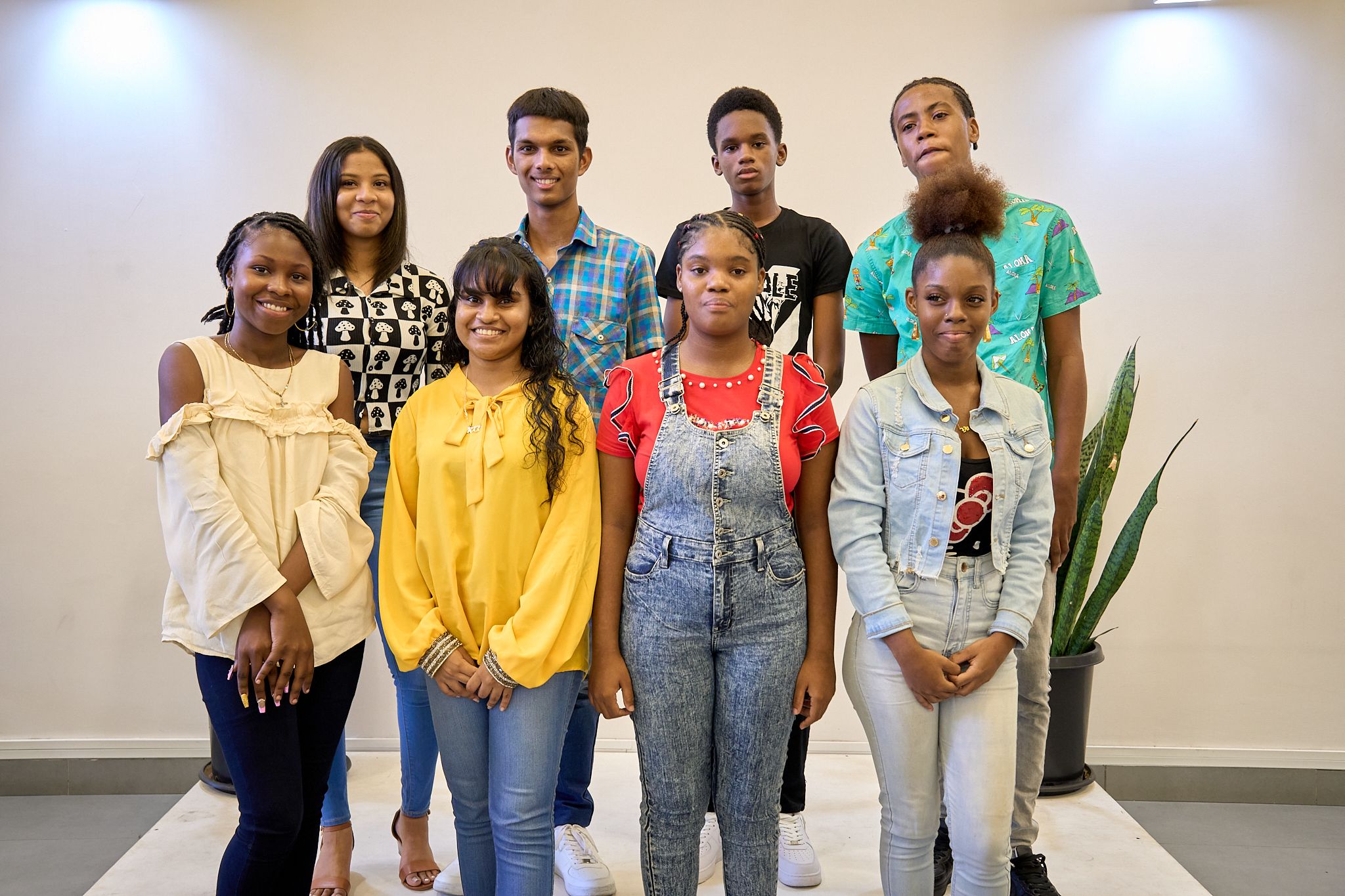
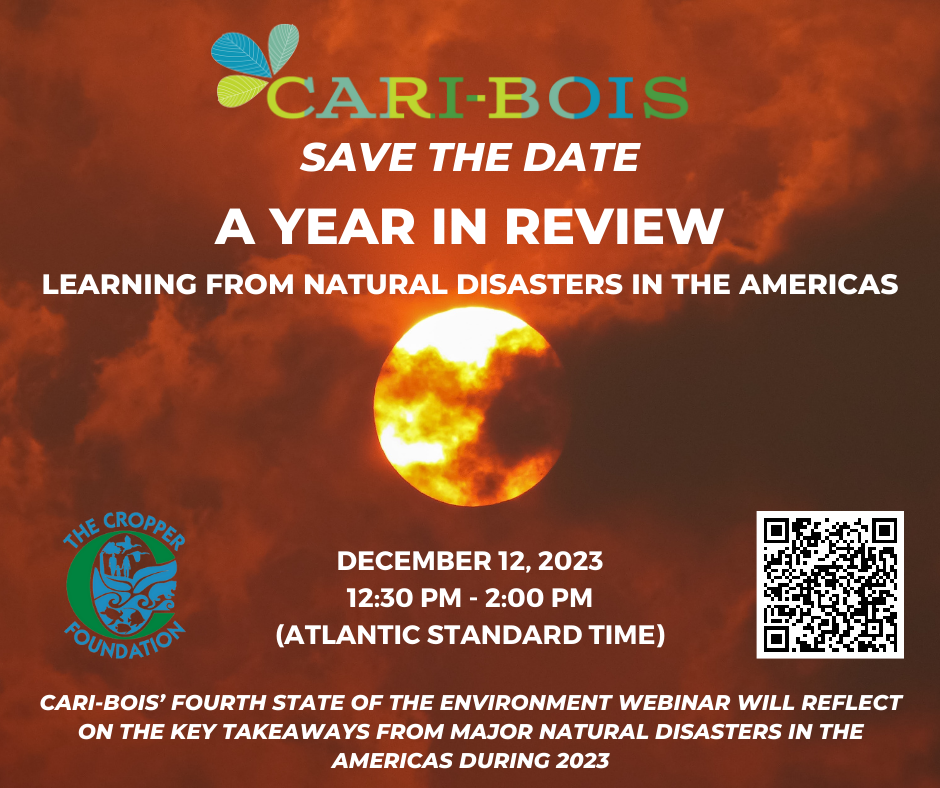
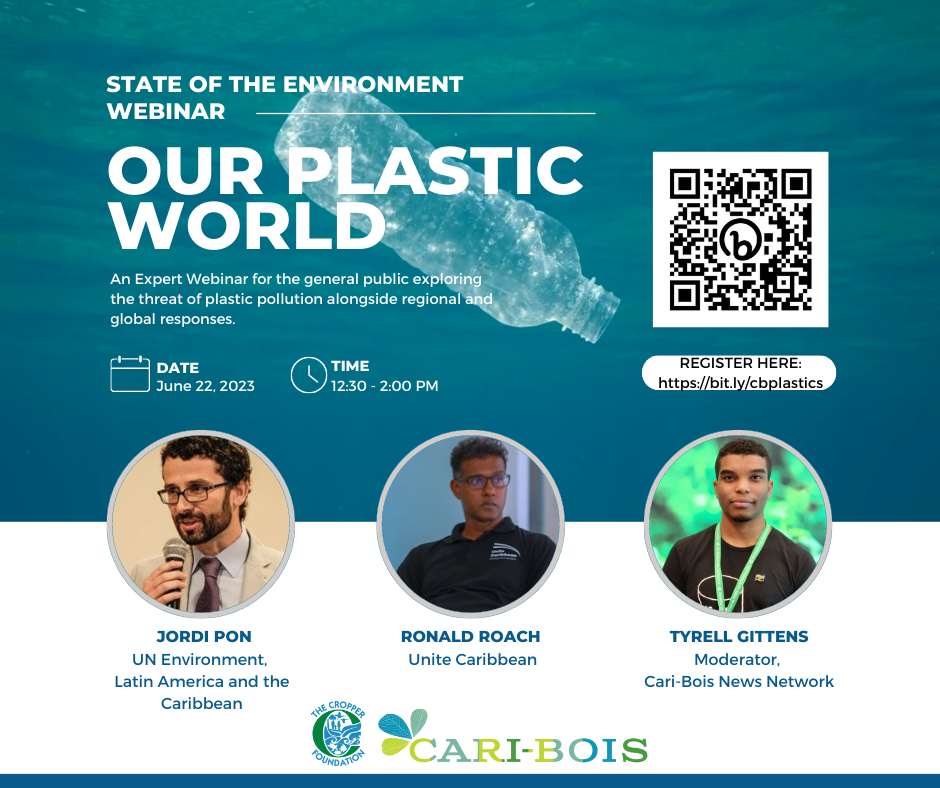
The First Caribbean Climate Gen Z Conference
A virtual gathering held last September for youth aged 16 to 24 years from across the Caribbean, this non-profit initiative was led by the Journal of CESaRE (Caribbean Environmental Sciences and Renewable Energy) in partnership with TCF, with support from Open Society Foundations, the Inter-American Development Bank and CANARI.
The conference targeted current, up-and-coming, and aspiring climate activists, and influencers with a mix of keynote sessions and workshops delving into the complexities of climate change science, policy, politics, and climate justice. Unprecedented in its Gen Z focus, the event platformed star youth influencers like Barbadian activists Gabrielle Gay, Ashley Lashley and Filipino environmentalist and social entrepreneur Louise Mabulo. Other presenters included established professionals like St Lucian geopolitical expert and professor Dr Len Ishmael and Jamaican Karen Johns, CEO of the GOOD Institute.
In addition to promoting sustainable, intra-regional, engaged Gen Z-led activism as a critical component of climate justice, organisers connected Gen Z activists with regional resources and institutions to support their advocacy, while underscoring the need to safeguard mental and physical health in the process.
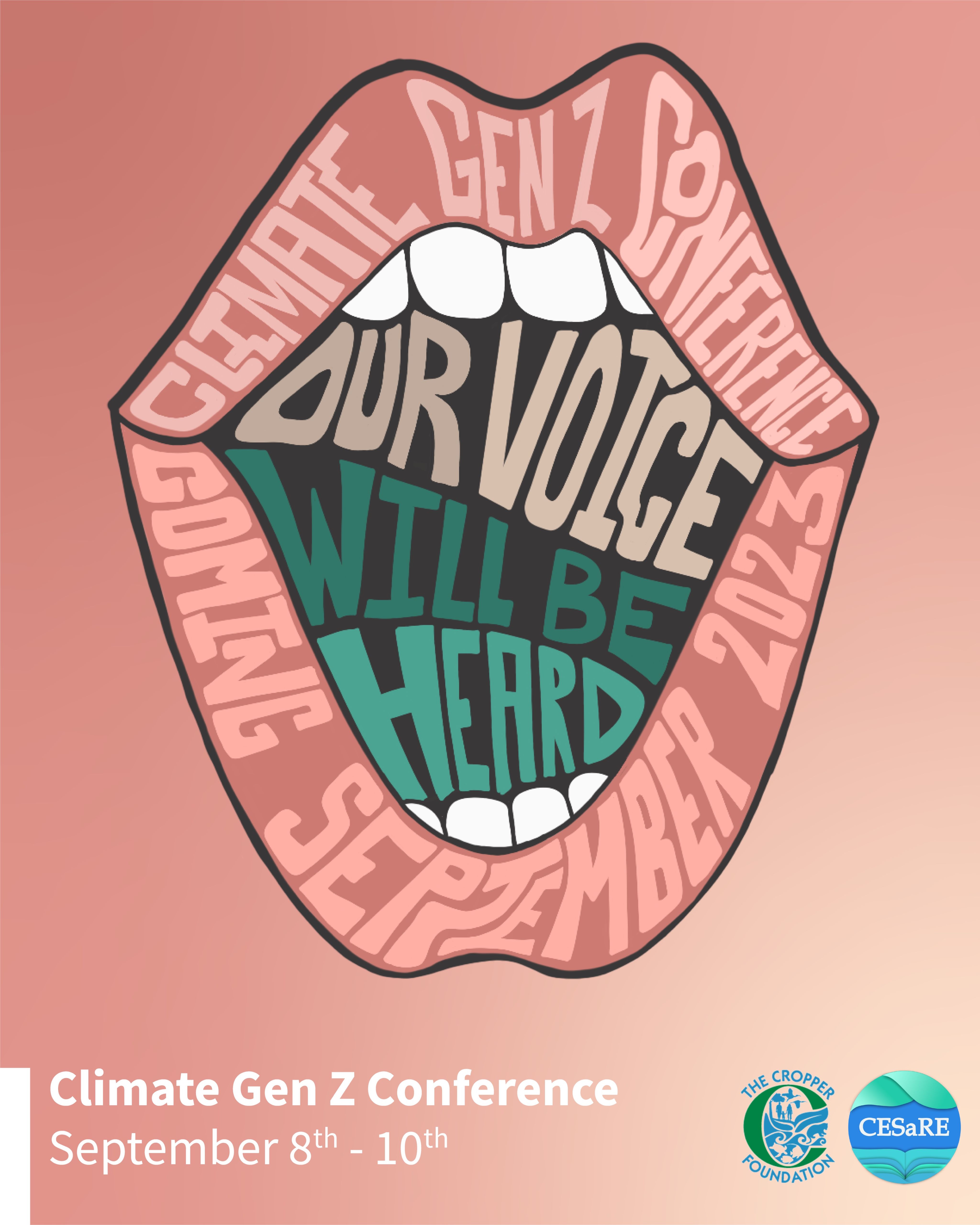
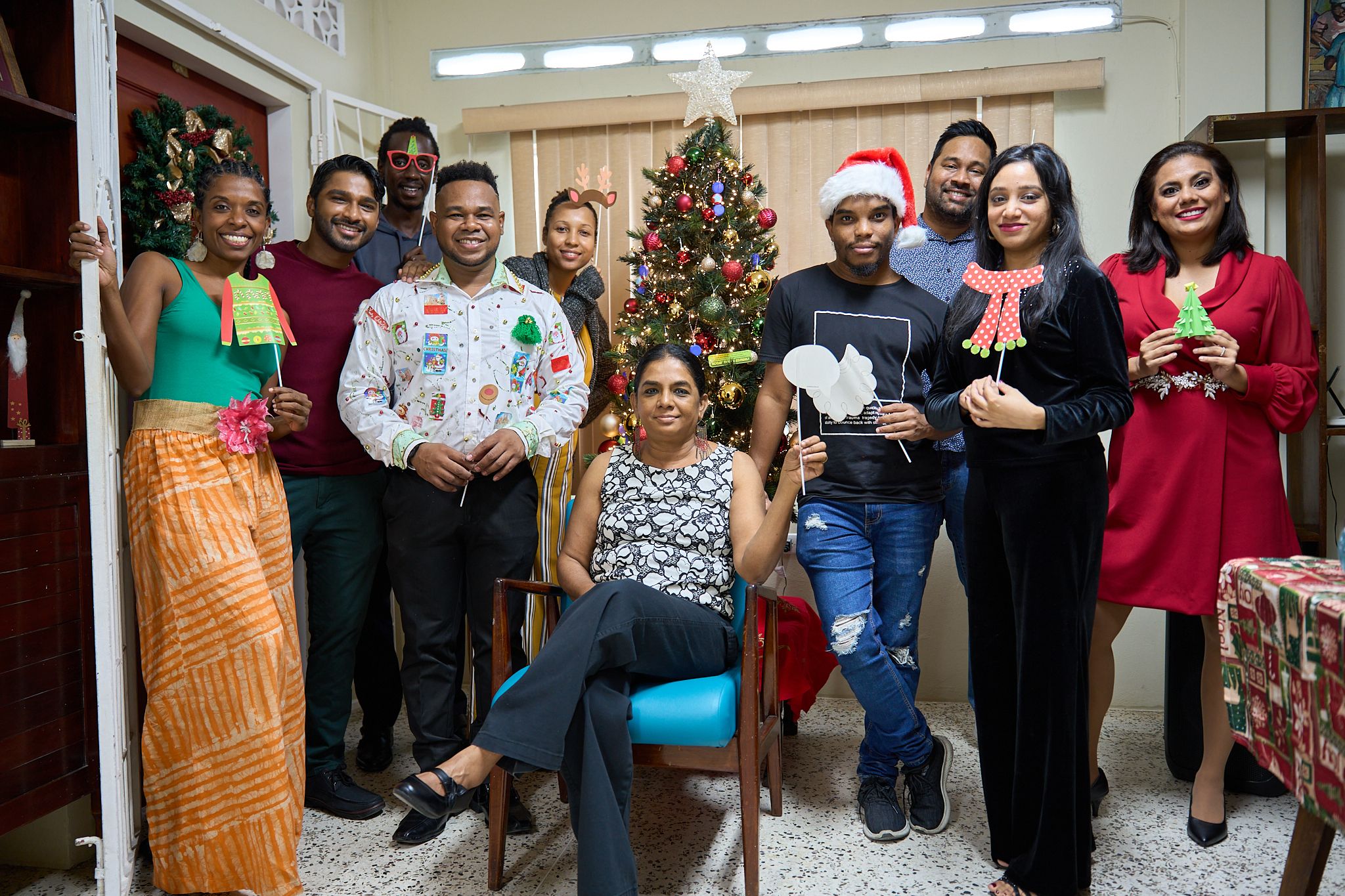
In closing...
2023 was, in many ways, a gift...quite like 2022, and 2021, and the year before...you catch the drift! And so, we must give thanks for all who showed up, contributed, facilitated, enabled, engaged, and, ultimately, helped make what we do better.
Together, we continue the journey through 2024!
Background Images @ www.jasoncaudain.squarespace.com
Design & Execution of Report @ www.supernovagroup.tech
